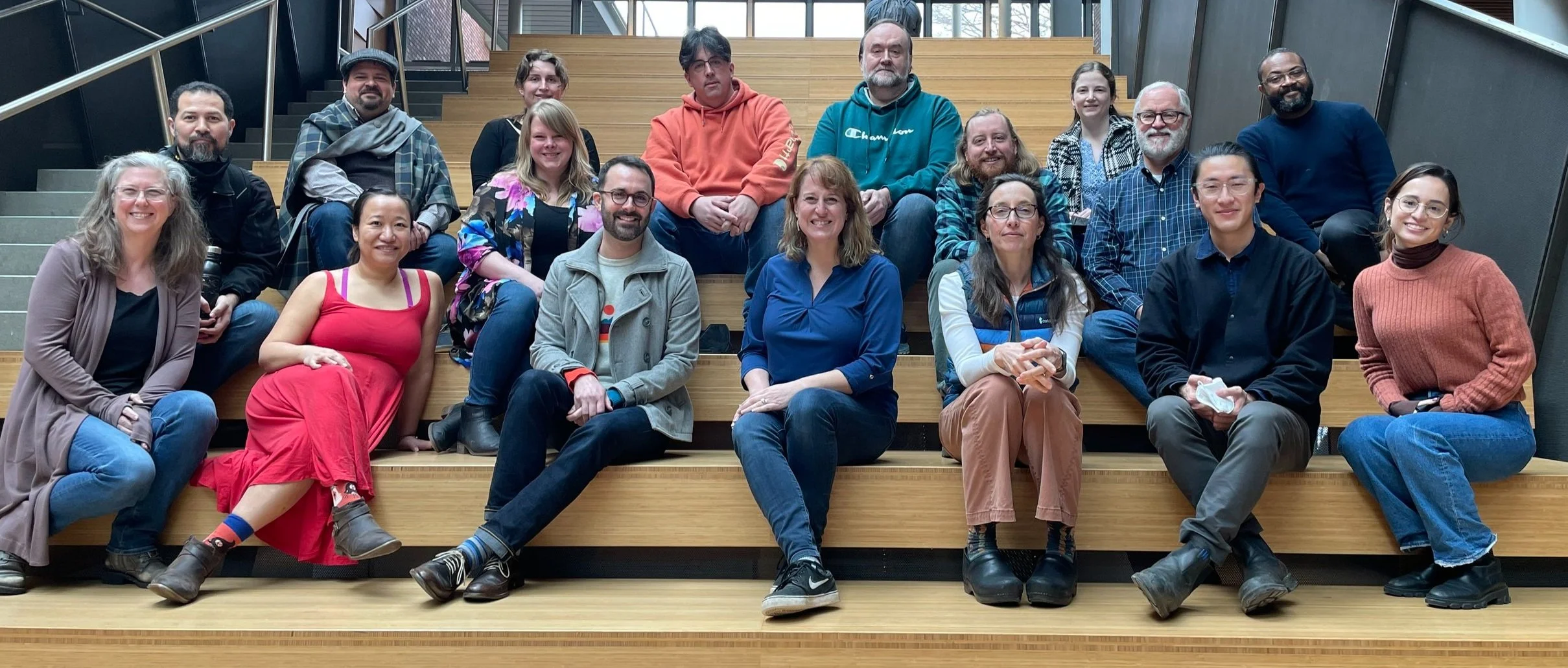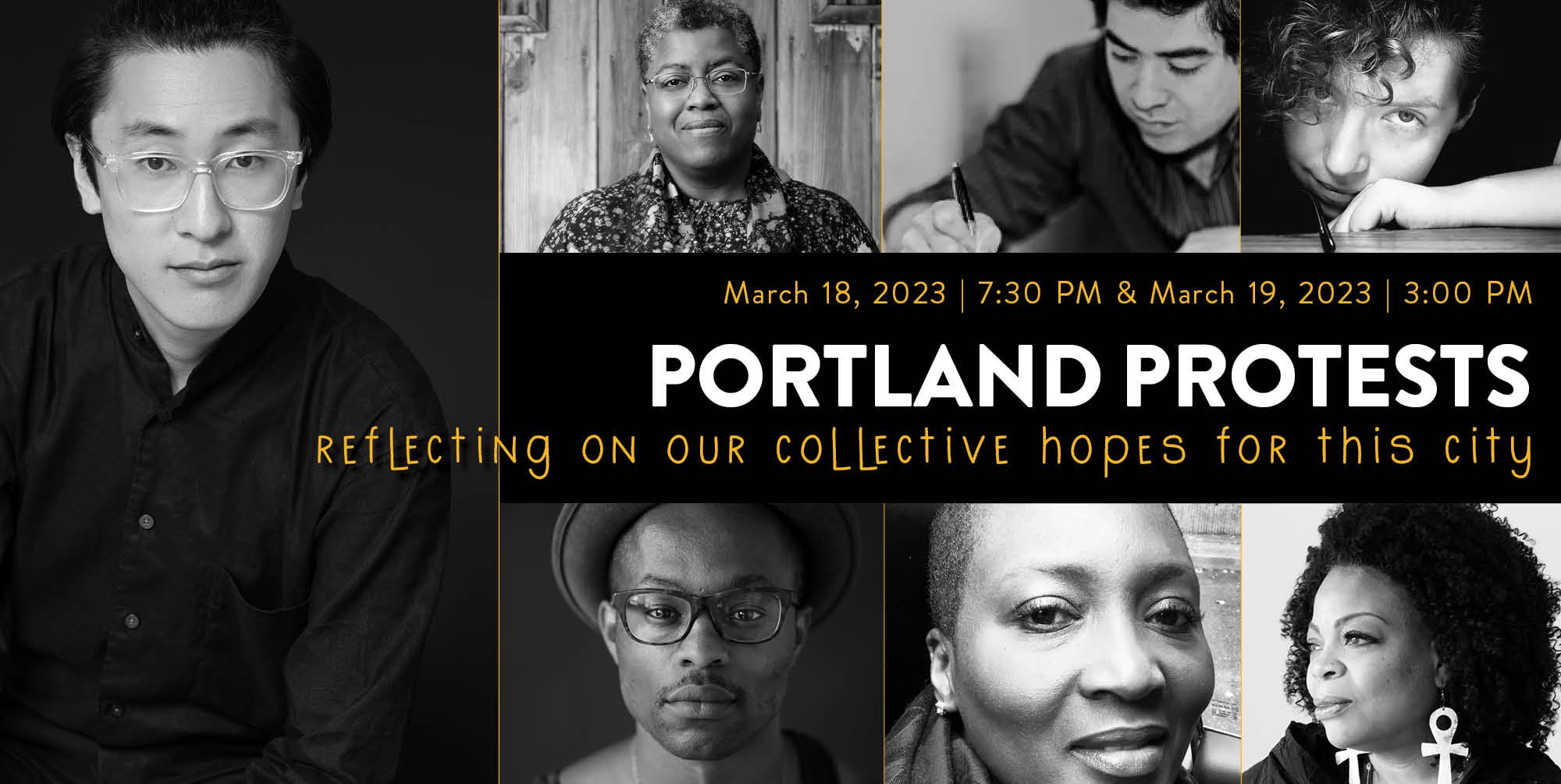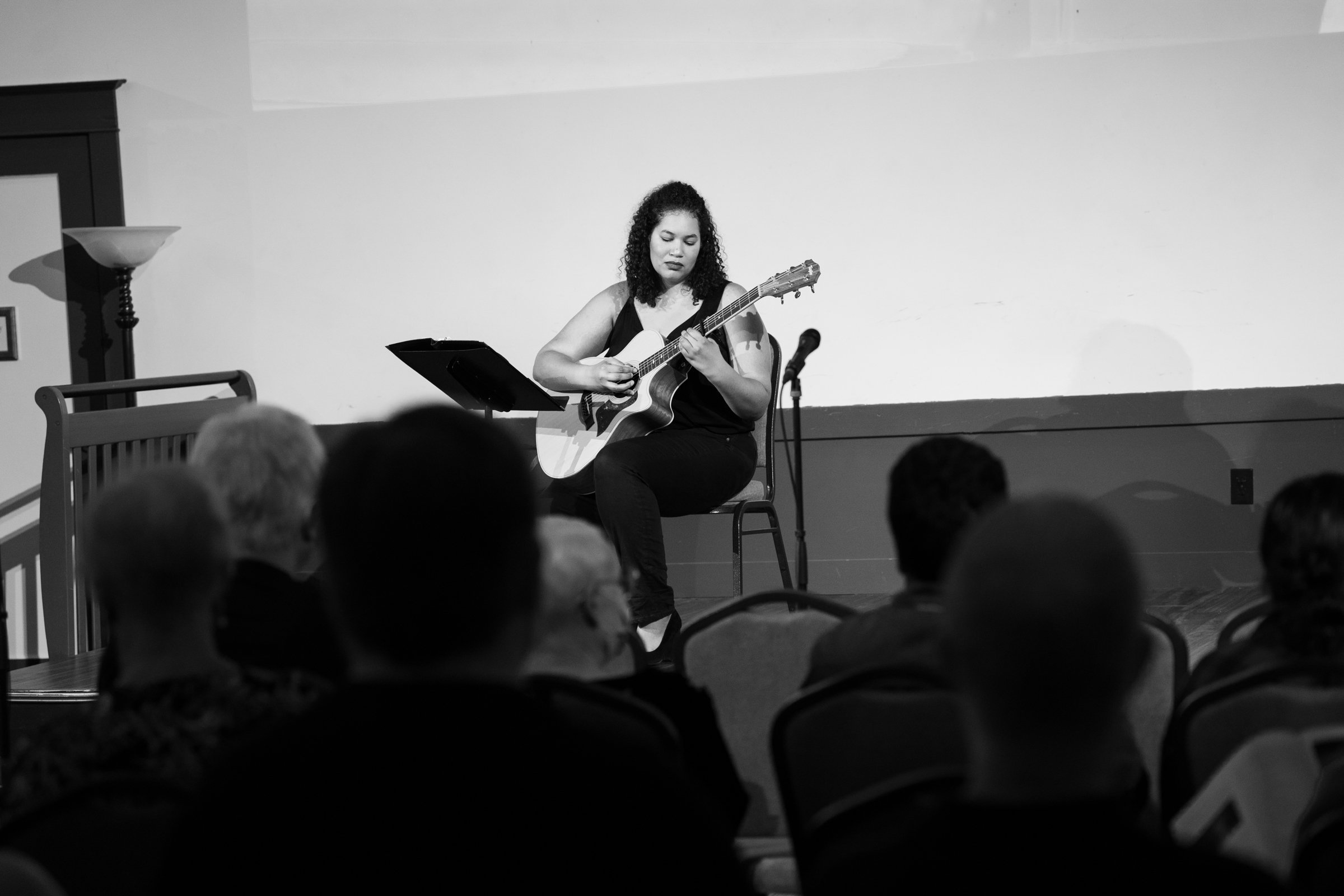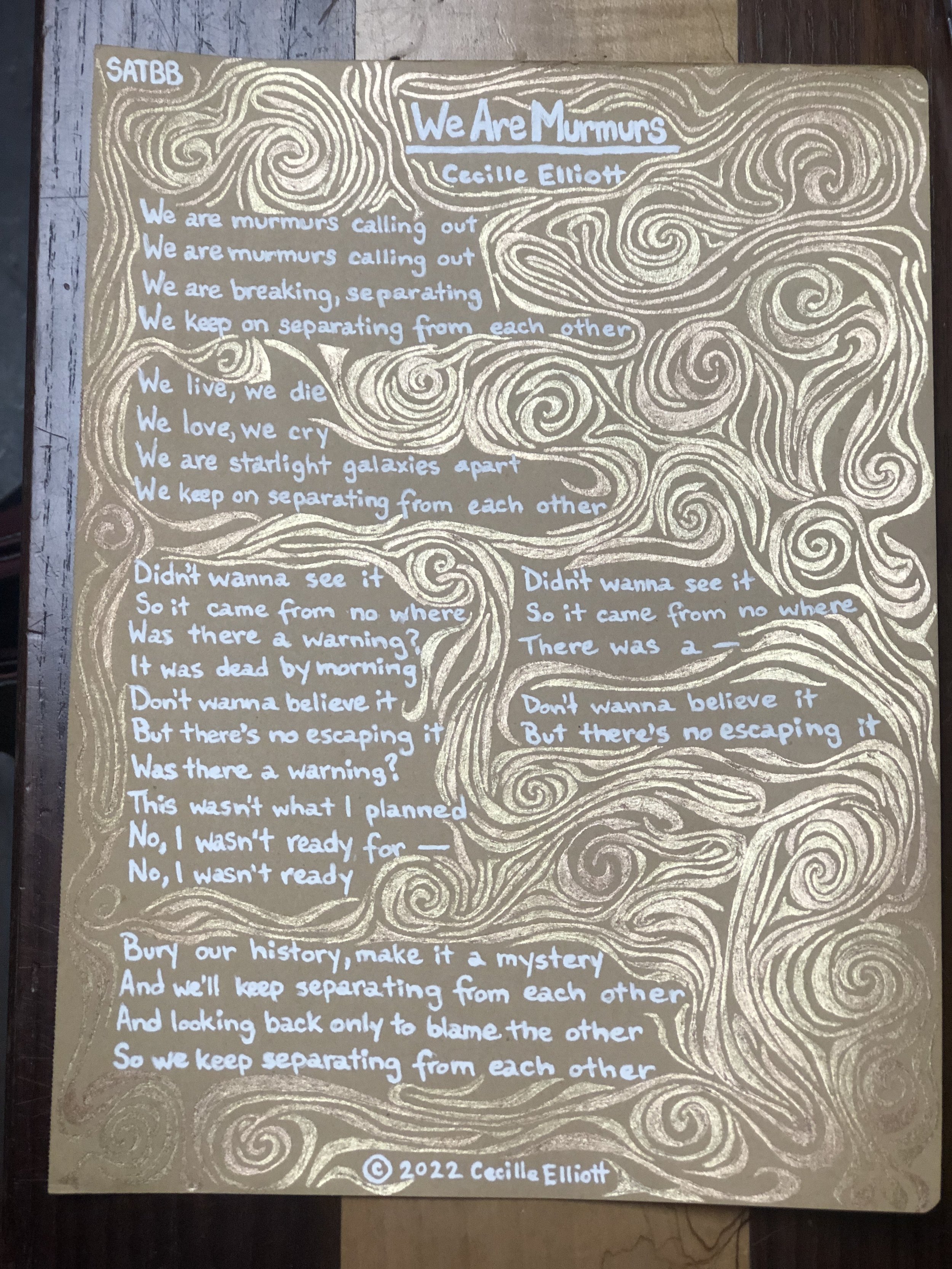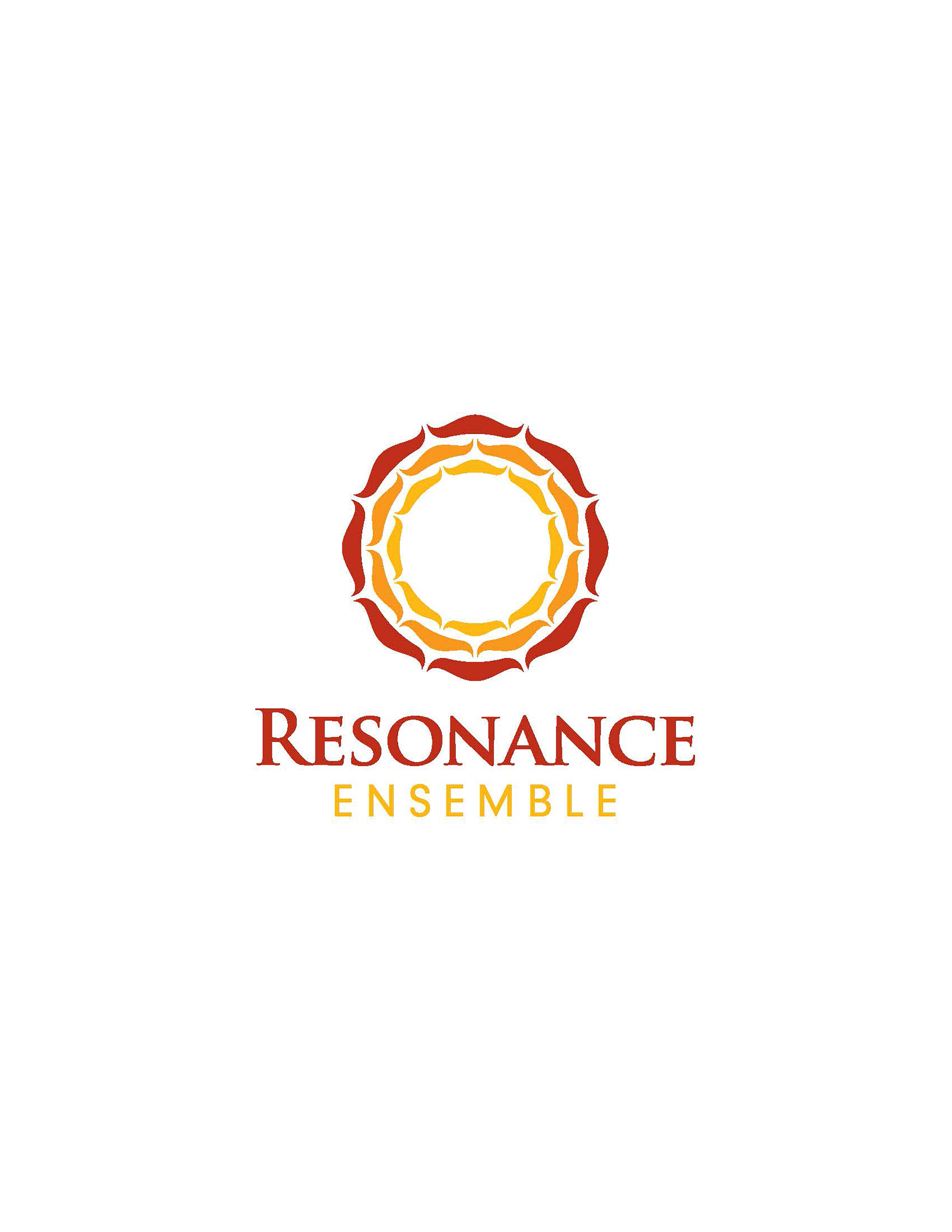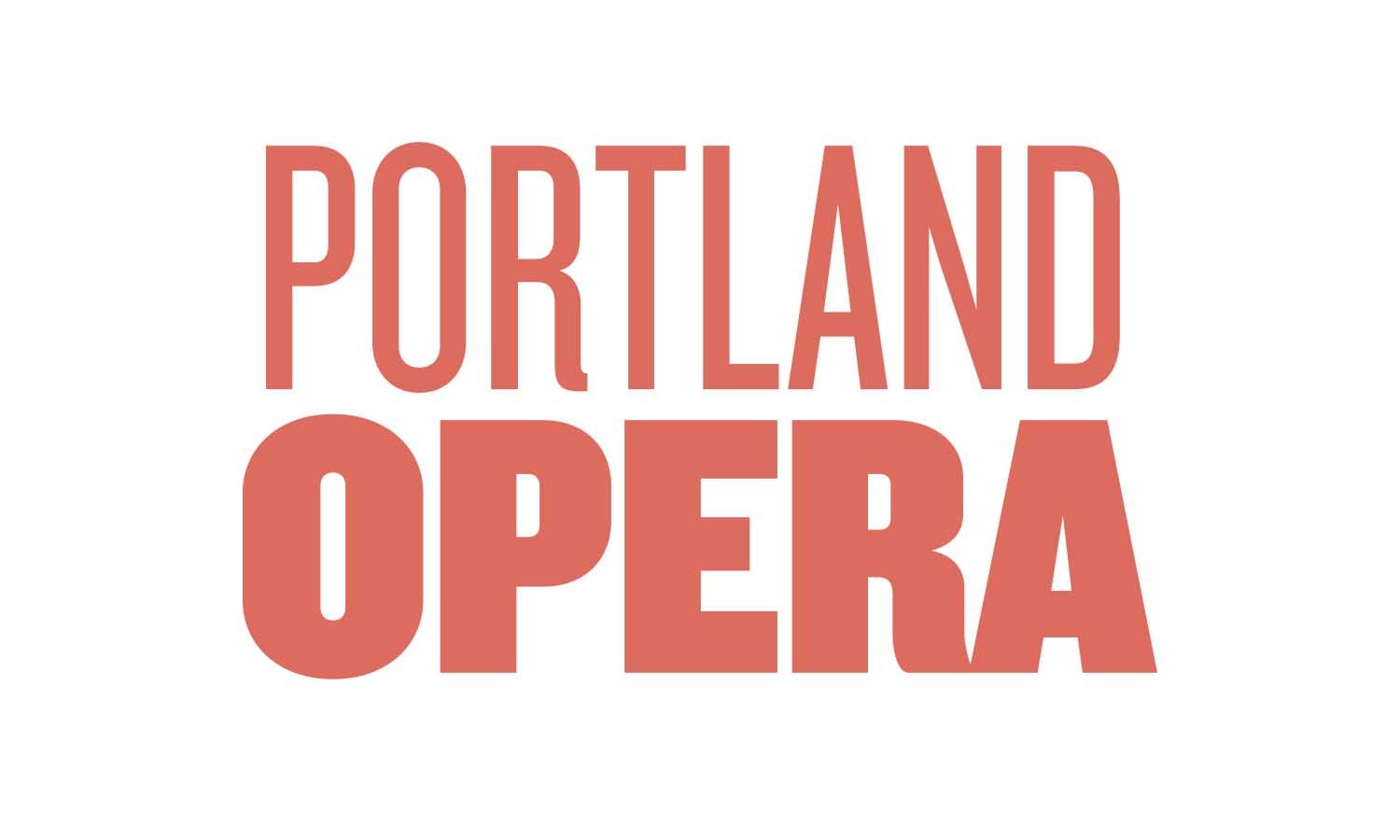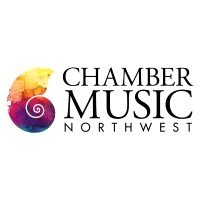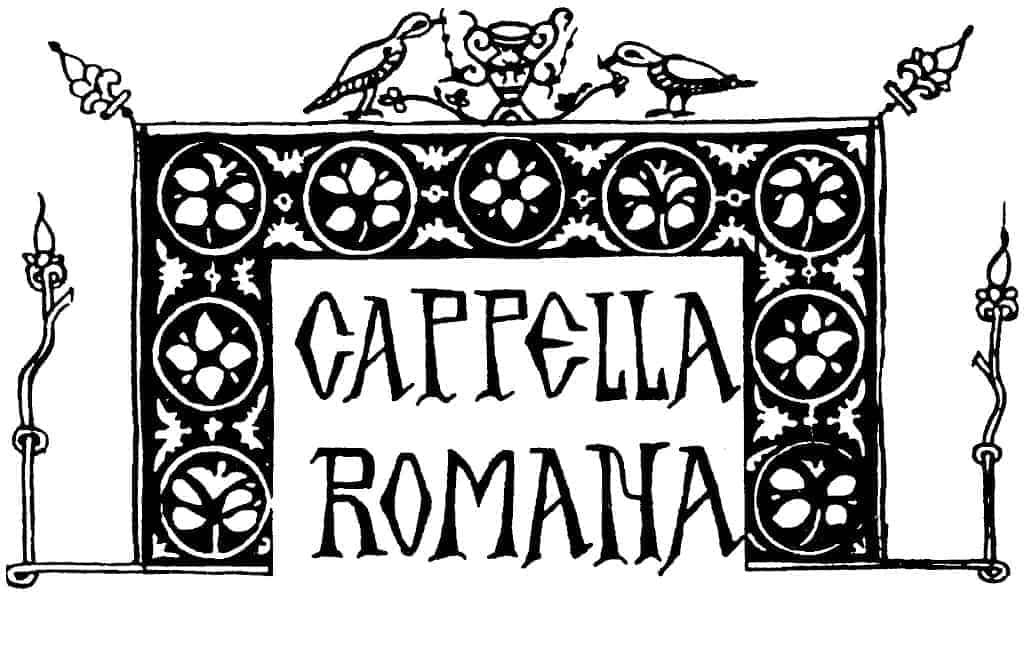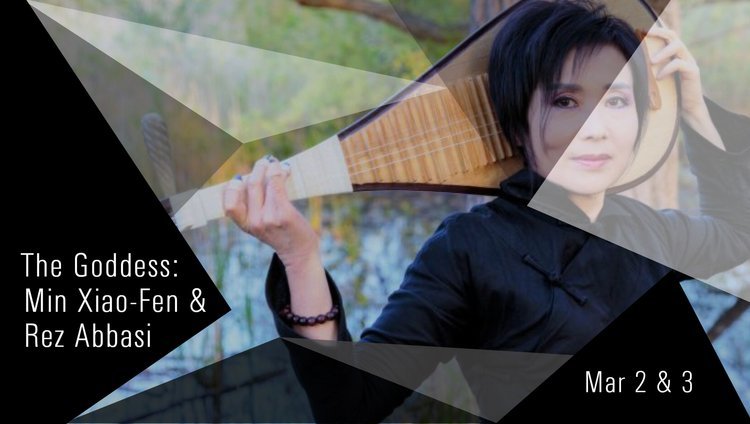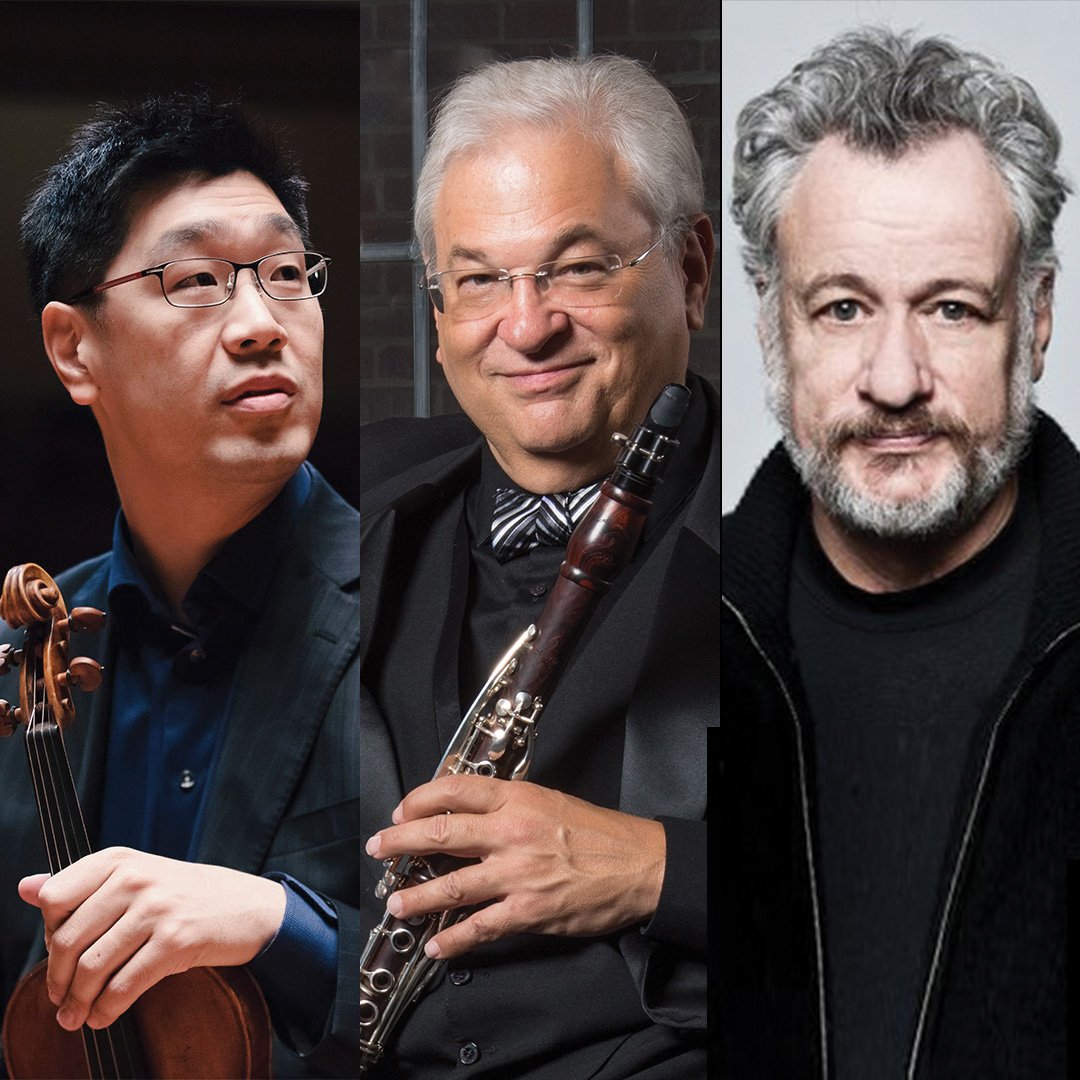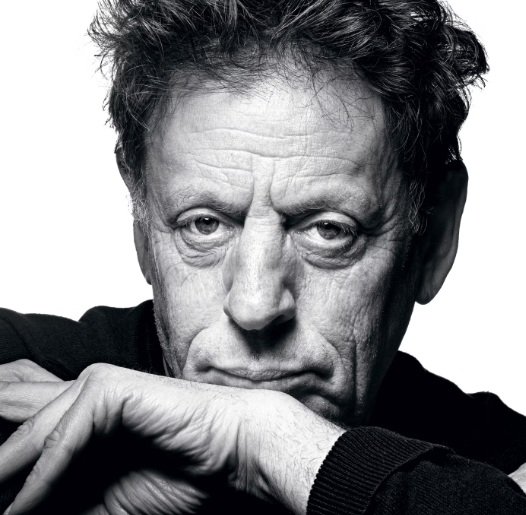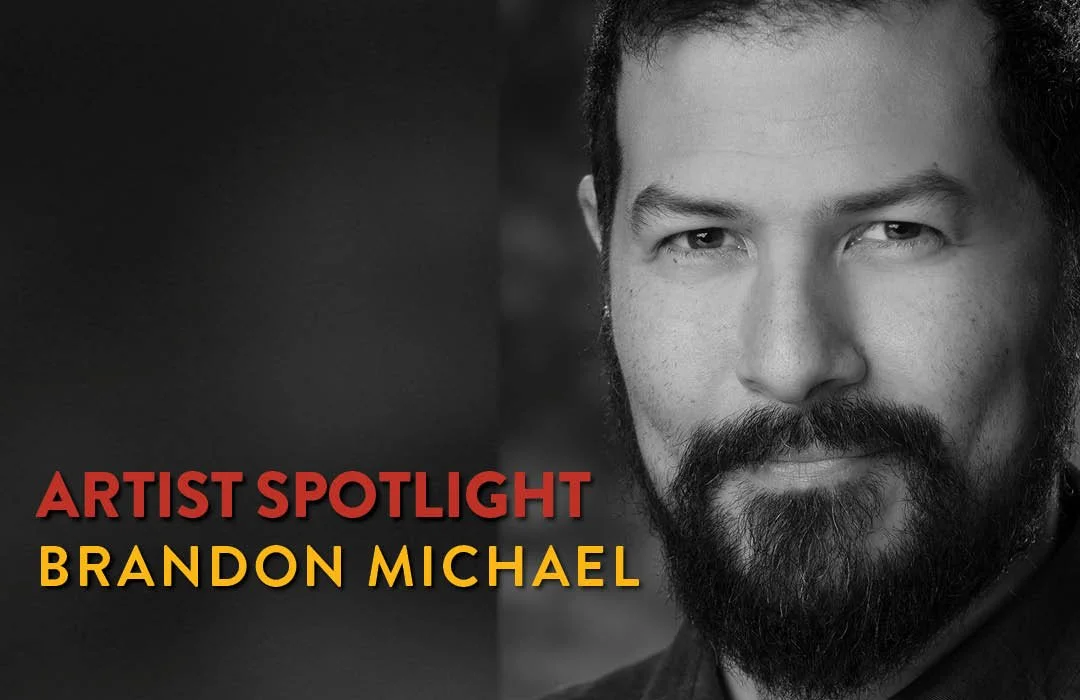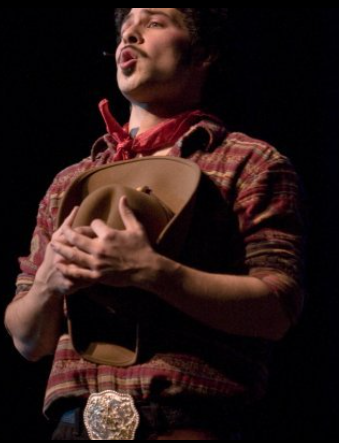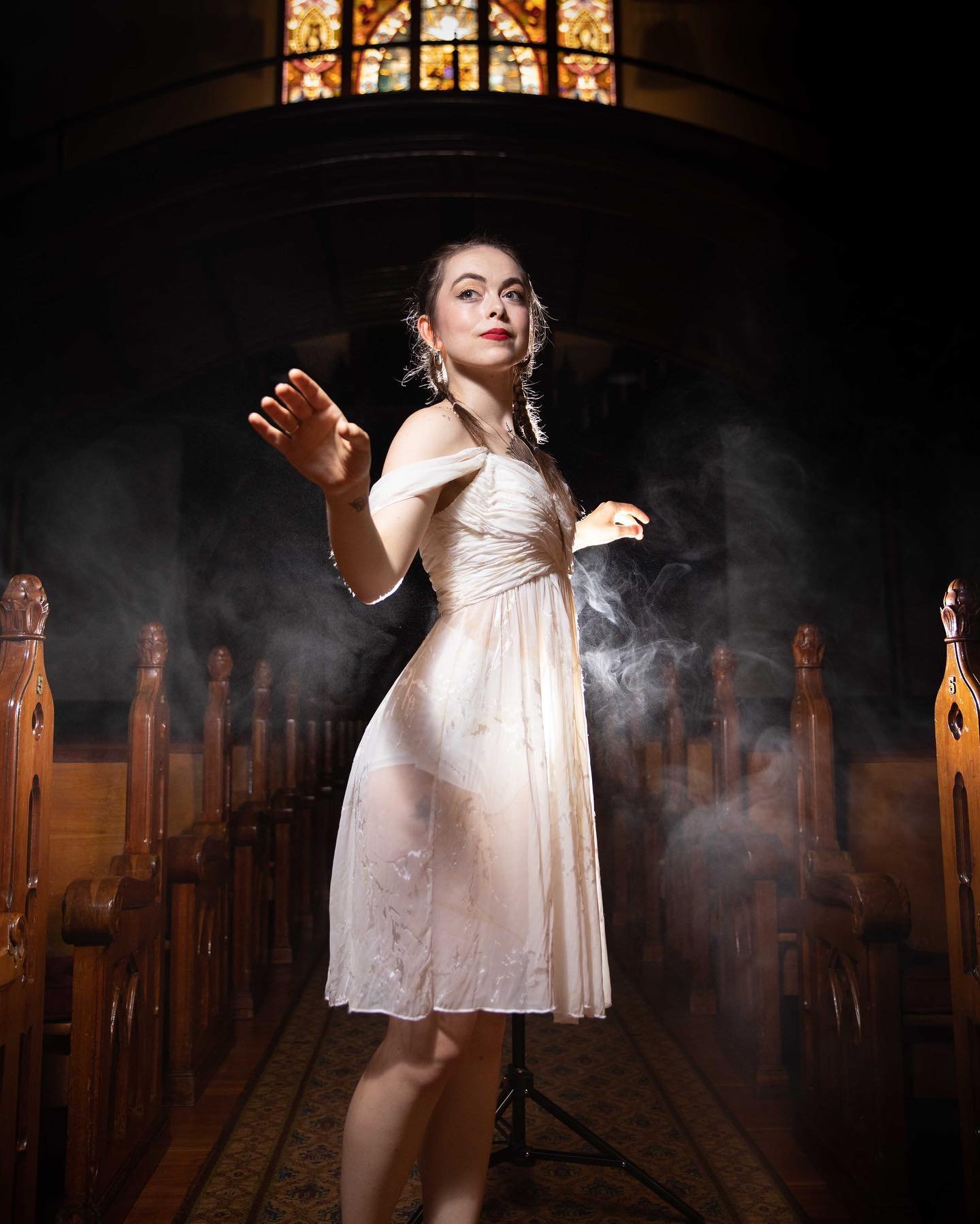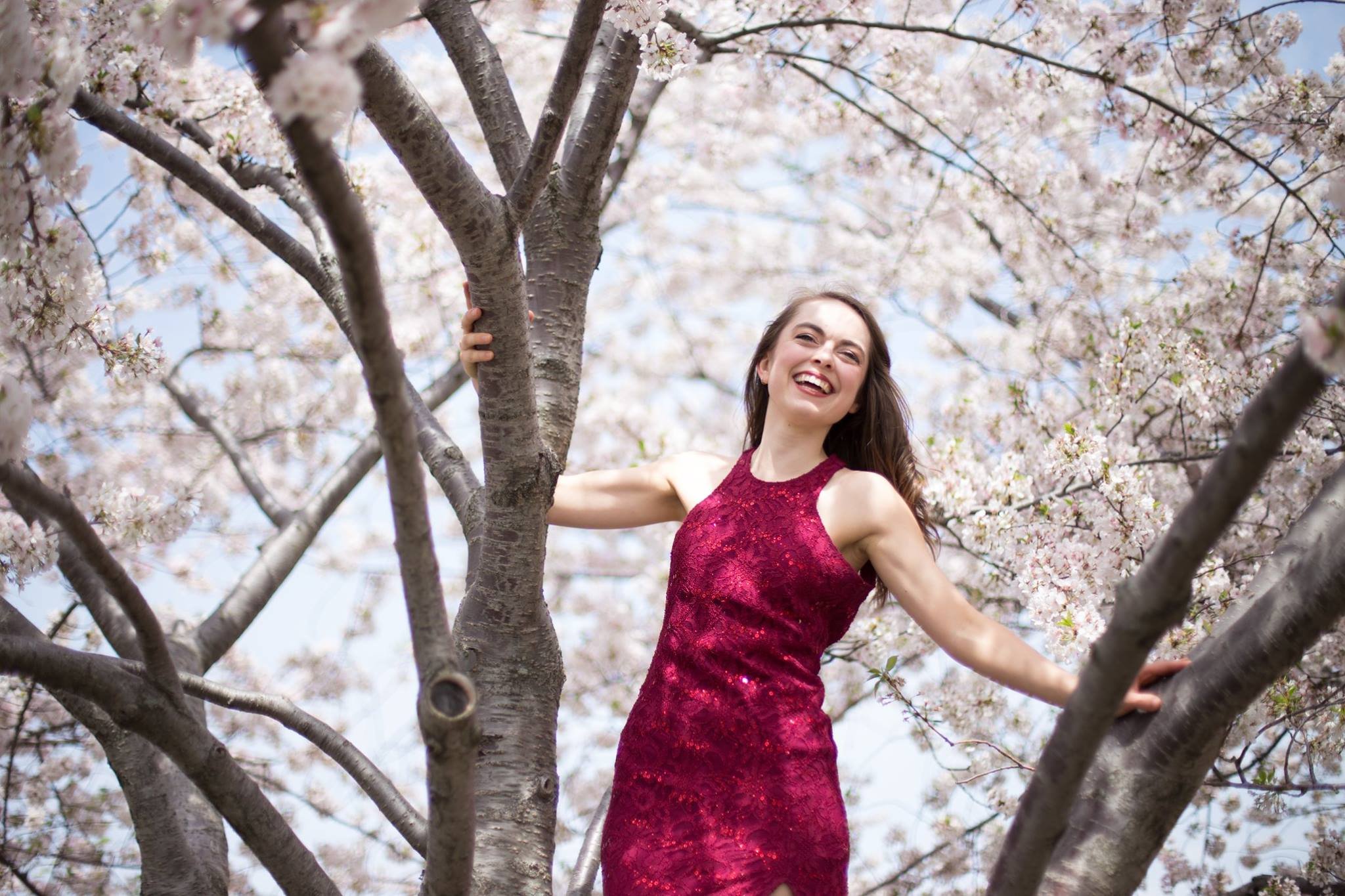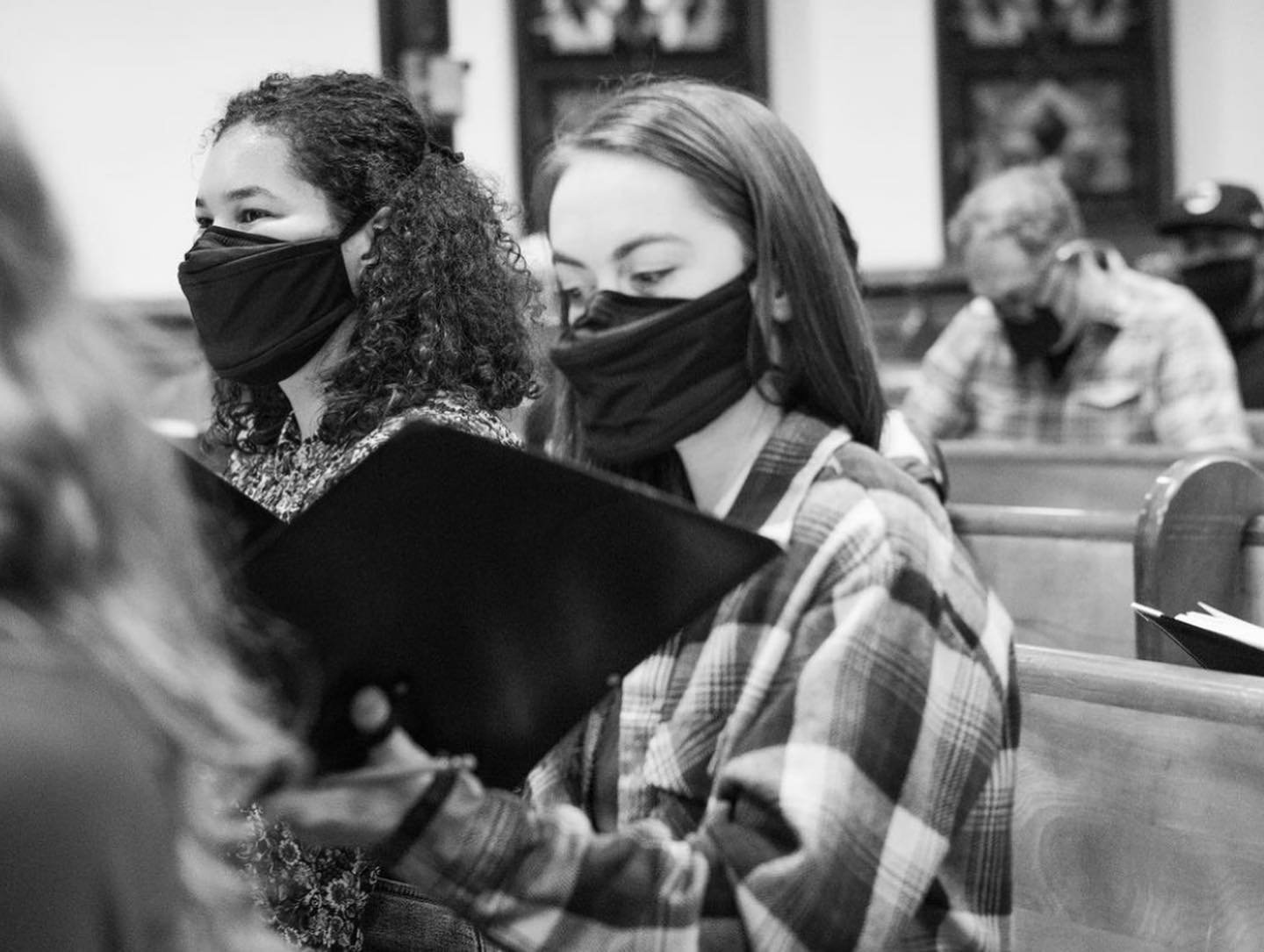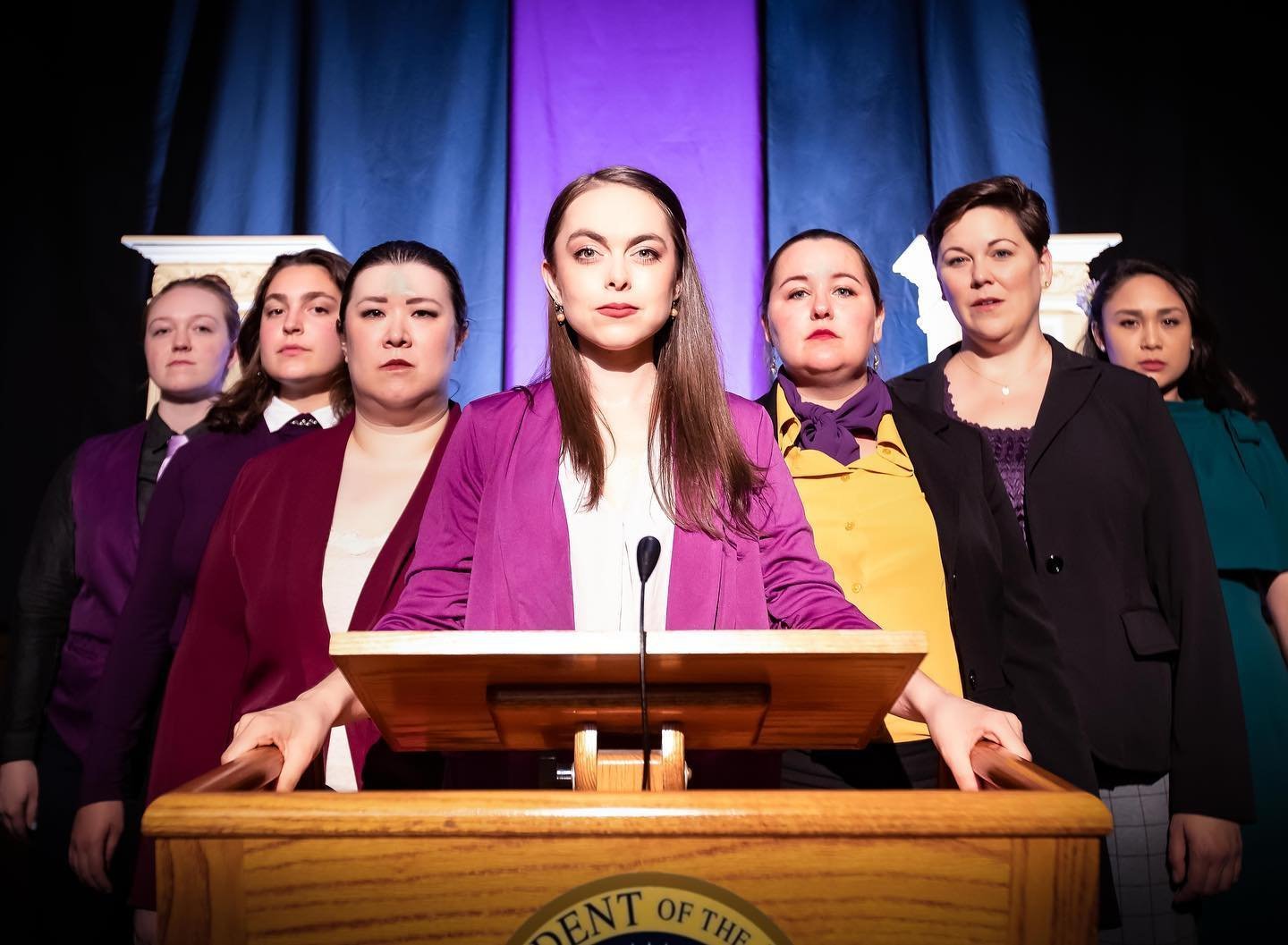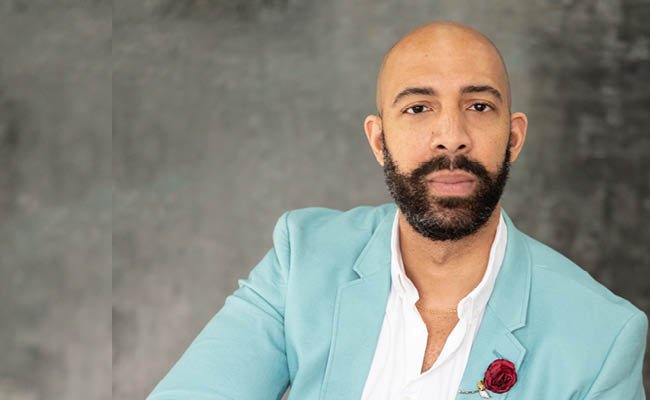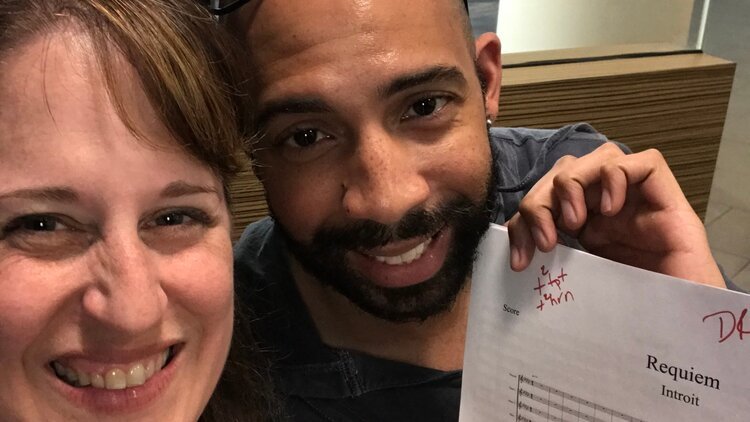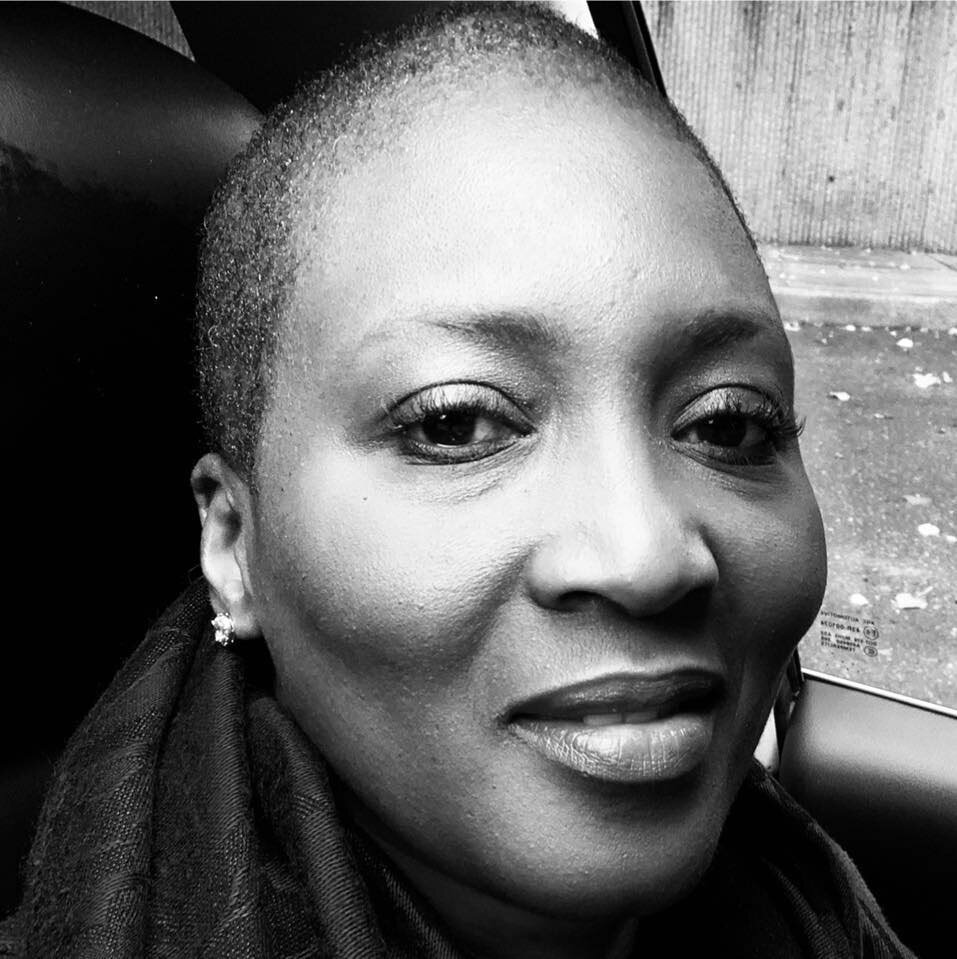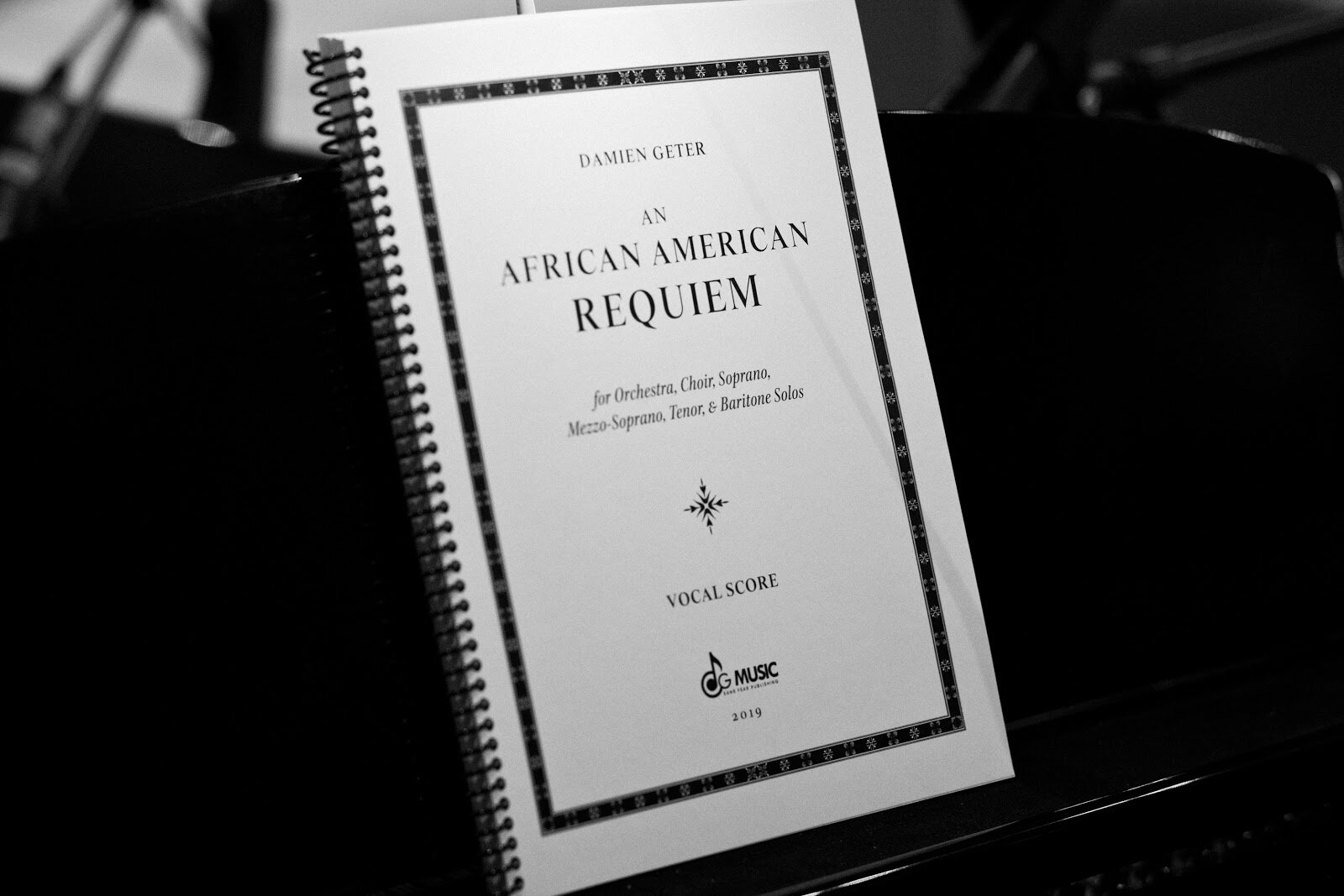Rehearsals underway for "Portland Protests"
Resonance musicians at a recent rehearsal. (pictured: Top Left: Brandon Michael, Tim Galloway, Claire Robertson-Preis, Erik Hundtoft, Les Green, Hannah Brewer, DeReau K. Farrar Center: Vakare Petroliunaite, Ethan Allred, Kevin Walsh, Front Left: Jessica Israels, Emily Lau, Chris Engbretson, Kathy FitzGibbon, Amy Stuart Hunn, Shohei Kobayashi, Jackie Cano (Mar 2023)
Rehearsals are underway for our next concert “Portland Protests” and the musicians are busy rehearsing music by Margaret Bonds, David Lang, and Joel Thompson alongside newly commissioned works from local poets and composers (Pairings by A. Mimi Sei/Kenji Bunch, S. Renee Mitchell/Kim Osberg, and Vin Shambry/Judy A. Rose)
“To share these new works with this ensemble is an honor,” adds Shohei Kobayashi, guest conductor and co-artistic advisor for Resonance Ensemble. “These new choral works, their texts, and the visual and film media all speak to shared humanity, loss and being lost, the courage and fearlessness of the protesters, deep emotional exhaustion, and resilient, insistent hope.”
Also featured on the concert:
Vanport Mosaic presents four large-scale oil paintings by Portland-based Dutch artist Henk Pander, created in response to 2020’s racial justice protests. As part of the exhibit, visitors will also be able to watch The Stain, a short documentary by Jacob Pander about his father’s work lifelong commitment to unmasking fascism, shaped by his childhood in Nazi-occupied Holland.
Images from the 2020 Portland protests by photographer Tojo Andrianarivo will be projected during the concert.
Documentary filmmakers and Portland-based media artists Jodi Darby, Julie Perini and Erin Yanke share an excerpt from their film Arresting Power: Resisting Police Violence in Portland, Oregon, documenting the history of conflict between the Portland police and community members.
A panel discussion with guest artists will follow the performance, moderated by Shohei Kobayashi, inviting conversation and reflection
“Portland Protests” takes place at the Historic Alberta House on Saturday, March 18 and Sunday, March 19, 2023. Audiences will be invited to consider and intentionally remember our city’s past, collectively grieve, and dare to envision more just futures.
Tickets are on sale now. Click here to buy yours.
Resonance Ensemble announces exciting new collaborations.
Resonance Ensemble announces additional partnerships for “Portland Protests” concert.
A concert reflecting on Portland’s racial justice protests and our collective hopes for this city
PORTLAND, OR — Resonance Ensemble announces exciting new collaborations in their upcoming “Portland Protests” concert, taking place at the Historic Alberta House on Saturday, March 18 and Sunday, March 19, 2023. Led by guest conductor Shohei Kobayashi, Resonance will offer an evening of vocal music and poetry in dialogue with film, visual art, and photography, joined by a string quartet from Portland’s Fear No Music, exhibits by Vanport Mosaic, and additional featured artists.
Works by Margaret Bonds, David Lang, and Joel Thompson will be heard alongside newly commissioned poetry and music by acclaimed local poets and composers. With texts from writer A. Mimi Sei, Resonance Ensemble Poet-in-Residence S. Renee Mitchell, and spoken word artist Vin Shambry set to music by Judy A. Rose, Kimberly Osberg, and Fear No Music’s Kenji Bunch, audiences will be invited to consider and intentionally remember our city’s past, collectively grieve, and dare to envision more just futures.
Also featured:
Vanport Mosaic presents four large-scale oil paintings by Portland-based Dutch artist Henk Pander, created in response to 2020’s racial justice protests. As part of the exhibit, visitors will also be able to watch The Stain, a short documentary by Jacob Pander about his father and his lifelong commitment to unmasking fascism, shaped by his childhood in Nazi-occupied Holland.
Images from the 2020 Portland protests by photographer Tojo Andrianarivo will be projected during the concert.
Documentary filmmakers and Portland-based media artists Jodi Darby, Julie Perini and Erin Yanke share an excerpt from their film Arresting Power: Resisting Police Violence in Portland, Oregon, documenting the history of conflict between the Portland police and community members.
A panel discussion will follow, inviting conversation and reflection.
“These artists have borne witness to major events in Portland’s history. In sharing their individual stories through their artistic disciplines, they remind us of the power of the arts to provide a layered, thought-provoking experience,” says Resonance Artistic Director and founder Katherine FitzGibbon. “This is Resonance’s mission in action, bringing powerful new music and art to life that makes us all think and want to create change.”
“To share these new works with this ensemble is an honor,” adds Shohei Kobayashi, guest conductor and co-artistic advisor for Resonance Ensemble. “These new choral works, their texts, and the visual and film media all speak to shared humanity, loss and being lost, the courage and fearlessness of the protesters, deep emotional exhaustion, and resilient, insistent hope.”
Vin Shambry, a frequent Resonance guest artist and Artistic Director for Historic Alberta House, reflected on this fifth season of collaborations between Resonance and the NE Portland event space.
Laura Lo Forti, Vanport Mosaic co-founder and co-director
“My relationship with Resonance is deep and rooted in our shared commitment to reaching and engaging voices from our community that have been disproportionately impacted by social, economic, and racial injustices,” says Shambry. “Portland Protests is a call to remind us all of the power of art to inspire change and heal our souls. I am grateful for the opportunity to add my writings to this experience and look forward to another incredible Resonance concert.”
"As memory activists," said Laura Lo Forti, Vanport Mosaic co-founder and co-director, "our work is grounded on the belief that artists are witnesses to history while offering powerful images of healing and possibility. We are honored to present the stunning artwork by Henk Pander and to be part of this unique collaboration with Resonance Ensemble and Alberta House."
Single tickets are now on sale at resonancechoral.org. For more information on Historic Alberta House, including transit and parking, visit resonancechoral.org/alberta-house
###
PORTLAND PROTESTS
WHEN: Saturday, March 18 @ 7:30 pm | Sunday, March 19 @ 3:00 pm
WHERE: Historic Alberta House | 5131 NE 23rd Ave, Portland, OR
TICKETS: Single tickets are on sale now. click here
Single ticket prices: $35/adult, $30/senior, $10/student, and $5/Arts for All
Note to Journalists: Katherine FitzGibbon, Shohei Kobayashi, Damien Geter as well as the commissioned artists are available for print, online, and broadcast interviews. If you would like more information on our season or would like to schedule an interview, please contact Liz Bacon Brownson at liz@resonancechoral.org or by calling 971-212-8034.
##
Resonance Ensemble Access Project (REAP) Providing free, online access to the music. Video access available on all concerts; donations gratefully accepted
We are proud to present the Resonance Ensemble Access Project (REAP), our initiative to ensure that all of our concerts are available to the world both in-person and online. Providing this vital accessibility also increases the expenses of producing our concerts, so we are asking our supporters to consider an additional donation to underwrite this access for those who cannot afford to donate.
____________________________________
About Resonance Ensemble
In its fourteenth season, Resonance Ensemble, a professional vocal ensemble based in Portland, Oregon, creates thoughtful programs that promote meaningful social change. Resonance Ensemble works to amplify voices that have long been silenced, and they do so through moving, thematic concerts that highlight solo and choral voices, new and underrepresented composers, visual and other performing artists, and community partners. Under Artistic Director Katherine FitzGibbon, Resonance Ensemble has performed challenging and diverse music, always with an eye toward unusual collaborations with artistic partners from around the country: poets, jazz musicians, singer-songwriters, painters, dancers.
The Resonance Ensemble singers are “one of the Northwest’s finest choirs” (Willamette Week), with gorgeous vocal tone, and they also make music with heart. The groundbreaking work that Resonance Ensemble has been producing over the last few years has been noted by local media and national arts organizations. In Oregon Arts Watch, Matthew Andrews described Resonance as “Part social commentary, part group therapy, and part best damn choir show in town;” (June 2019) Chorus America honored Artistic Director Katherine FitzGibbon in the summer of 2019 with the Louis Botto Award for Innovative Action and Entrepreneurial Zeal for her work rededicating Resonance to promoting meaningful social change, and for the meaningful community partnerships she creates. For the tribute to Dr. FitzGibbon, please visit https://www.youtube.com/watch?v=oaJMVozrcPo.
About Artistic Director Katherine FitzGibbon:
Katherine FitzGibbon is Professor of Music and Director of Choral Activities at Lewis & Clark College, where she conducts two of the three choirs and oversees the vibrant voice, choral, and opera areas. In 2014, she was an inaugural winner of the Lorry Lokey Faculty Excellence Award, honoring “inspired teaching, rigorous scholarship, demonstrated leadership, and creative accomplishments,” and in 2019, she received the David Savage Award for “vision and sustained service.” She has also conducted choirs at Harvard, Boston, Cornell, and Clark Universities, and at the University of Michigan and has served on the faculty of Berkshire Choral International.
Dr. FitzGibbon founded Resonance Ensemble in 2009, initially dedicated to thematic, collaborative vocal performances with artistic partners. In the last several years, she and Resonance have shifted their mission, using the same innovative thematic programming approach to amplify voices that have long been silenced, focusing on underrepresented composers and communities. In June of 2019, Chorus America honored Dr. FitzGibbon with the prestigious Louis Botto Award for Innovative Action and Entrepreneurial Zeal in recognition of her work with Resonance Ensemble. Chorus America’s press release noted, “As founder and artistic director of Resonance Ensemble, FitzGibbon has captained a bold organizational shift—from its original mission exploring links between music, art, poetry, and theater, to a new focus exclusively on presenting concerts that promote meaningful social change.”
With Resonance, she has collaborated with the Portland Art Museum, Third Angle New Music, Portland Chamber Orchestra, Thomas Lauderdale and Hunter Noack, poet/performer S. Renee Mitchell, the Chuck Israels Jazz Orchestra, and many actors, composers, visual artists, and dancers. Resonance has been described as “one of the Northwest’s finest choirs” (Willamette Week) and “the best damn choir show in town” (Oregon Arts Watch). She has commissioned new works from Melissa Dunphy, Renee Favand-See, Damien Geter, Joe Kye, A. Rose, Kenji Bunch, Kimberly Osberg, Freddy Vilches, Vin Shambry, Dr. S. Renee Mitchell, Mari Ésabel Valverde, and Jasmine Barnes.
Dr. FitzGibbon is President-Elect of the National Collegiate Choral Organization, and her choirs have performed at the NCCO, ACDA, and OMEA conferences. She holds a Bachelor of Arts degree in music from Princeton University, Master of Music degree in conducting from the University of Michigan, and Doctor of Musical Arts degree in conducting at Boston University. Her research has been presented and published internationally.
About Historic Alberta House
Is a Creative Community Center intended for all, with a focus that is committed to reaching and engaging voices from our community that have been disproportionately impacted by Oregon’s social, economic, and racial injustices. Surrounded by and intertwined with the reminders of a complex history marked by vibrancy, resiliency, and ingenuity, as well as racism, exclusion, and trauma, we open the doors of this historic building for the community to explore.
About Vanport Mosaic
The Vanport Mosaic is a memory-activism platform. We amplify, honor, and preserve the silenced histories that surround us in order to understand our present, and create a future where we all belong. Join our effort and help us fight historical amnesia. In 2022 the National Trust for Historic Preservation recognized Vanport Mosaic as one of 80 organizations nationwide using historic places as catalysts for a more just and equitable society, showcasing the multi-layered intersections of underrepresented communities of people.
GUEST ARTISTS
About Guest Conductor/Artistic Advisor Shohei Kobayashi
A multi-faceted musician, Shohei Kobayashi synthesizes their experiences as a conductor, ensemble vocalist, and art song interpreter with their insights as a solo singer/songwriter and bandmate to connect and collaborate with music lovers of all backgrounds. Shohei currently leads the choral program and teaches courses in music theory and musicianship at Reed College.
Shohei got their start as a conductor by assisting the choirs at Lewis & Clark College (led by Resonance founder Dr. Katherine FitzGibbon) and First Presbyterian Church of Portland for two years before going on to pursue graduate studies at University of Michigan in Ann Arbor with Jerry Blackstone and Eugene Rogers. While a student, Shohei served as assistant conductor for the UMS Choral Union, led by Scott Hanoian. From 2016 to 2020, Shohei helped prepare the 175-member auditioned symphonic chorus for collaborations with Budapest Festival Orchestra, New York Philharmonic, Detroit Symphony Orchestra, Minnesota Orchestra, Toledo Symphony Orchestra, and Ann Arbor Symphony Orchestra on works including Bernstein’s Symphony No. 3 (“Kaddish”), Sibelius’s Snöfrid, Mahler’s Symphony No. 2, Beethoven’s Missa Solemnis, and Benjamin Britten’s War Requiem. Highlights include directing a surprise Choral Union appearance in Taylor Mac’s Holiday Sauce and being called up to lead the musicians of the Budapest Festival Orchestra in vocal warm-ups.
Shohei has been selected conducting fellow for numerous workshops, festivals, and masterclasses including Chorus America’s 2018 and 2019 Conducting Academies, Hot Springs Music Festival, National Collegiate Choral Organization’s 2015 and 2017 Conference Masterclasses, Princeton Festival Conducting Masterclass, Interlochen Choral Conducting Institute, and Norfolk Chamber Choir and Choral Conducting Workshop. In previous years, they also attended the 9th Ithaca International Conducting Masterclass, participated in University of Illinois’s Choral Conducting Symposium in Urbana-Champaign, and received the Berkshire Choral International’s Robert Page Conducting Fellowship.
As a professional tenor and ensemble singer, Shohei has sung with ensembles including sounding light, ÆPEX Contemporary Performance, Helmuth Rilling’s Fifth Weimar Bach Academy Chorus, VIR, and Choro in Schola. Shohei currently sings with Resonance Ensemble, Big Mouth Society, and Jecca Jazz Ensemble.
Shohei holds a DMA and MM in Conducting (Choral) from University of Michigan and a BA in Music (composition focus) from Lewis & Clark College.
Since 2013, Shohei has been involved with Resonance in a number of ways from volunteering as a stage hand and sound technician to serving on their board and performing with the ensemble. They join Resonance Ensemble in the 2022-2023 season as a guest conductor and Co-Artistic Advisor.
For more information about Shohei Kobayashi: resonancechoral.org/shohei-kobayashi
About Composer Kenji Bunch
Kenji Bunch uses his work as a composer and performer to look for commonalities between musical traditions, for understandings that transcend cultural or generational barriers, and for empathic connections with his listeners.
Mr. Bunch draws on vernacular musical traditions, his interest in history, the natural world, and his classical training to create new concert music with a unique personal vocabulary that appeals to performers, audiences, and critics alike. After nearly three decades as a professional musician, whose work has been performed by over sixty American orchestras, by chamber musicians on six continents, and has been recorded numerous times, he considers his mission to be the continuing search for and celebration of shared emotional truths about the human experience.
Mr. Bunch maintains an active performing career, and is widely recognized for performing his own groundbreaking works for viola. In the ongoing search for fluency in other musical styles, he developed a deep interest in vernacular American music and improvisation. Mr. Bunch was the fiddle player and vocalist with the band Citigrass for over 15 years, and is a frequent collaborator with jazz, pop, folk, country, rock, and experimental musicians. He has also collaborated extensively with choreographers and filmmakers.
A graduate of the Juilliard School, Mr. Bunch left New York City after 22 memorable years to return to his native Portland, Oregon, where he currently serves as Artistic Director of new music group Fear No Music, and teaches at Portland State University, Reed College, and for the Portland Youth Philharmonic.
For more information about Kenji Bunch’s work: kenjibunch.net
About Composer Kimberly Osberg
Kimberly R. Osberg is a composer from Eau Claire, Wisconsin who specializes in interdisciplinary collaboration. Her projects have included dance, film, environmental sound installations, instrumental theatre, plays, opera, visual art, award ceremonies, and stage combat. Her music has been described as “brilliant,” “highly-engaging,” “wonderfully suspenseful,” and “intensely colorful,” and has received acclaim from academic, commercial, and public audiences alike. She is also an active writer, creating original text for over a dozen musical works—including a tone poem for projected text and chamber orchestra (Rocky Summer, Dallas Chamber Symphony), and an adaptation of Edgar Allan Poe’s “The Tell-Tale Heart” for her operetta, Thump.
Other notable collaborations include projects with the Pittsburg State University Wind Ensemble, the New Voices Opera company, and the Indiana University Department of Theatre, Drama, and Contemporary Dance (including mainstage shows Macbeth and Prospect Hill, and works for dance and stage combat). Since moving to Portland, Oregon in 2020, Kimberly’s prolific output has exploded into a dynamic array of works—including collaborations with the Beau Soir Ensemble, the Merian Ensemble, the Grand Circle New Music Ensemble, the New Mexico Contemporary Ensemble, the Chaski duo, Whistling Hens Ensemble, Calypsus Brass Quintet, Pacific Brass Ensemble, the Bassless Trio, tuo duo, and SANS; duo; not to mention several middle school, high school, and collegiate music programs, as well as countless individual musicians across the country—resulting in over 80 new musical works since January of 2020.
For more information about Kimberly Osberg’s work: kimberlyosberg.com
About Composer Judy A. Rose
Judy A. Rose has a B.S. and M.Ed from Portland State University. She worked for Portland Public Schools as a music teacher for 20 years. She is currently the Upper School Music Teacher at The Catlin Gabel School. Judy is an active composer, music director, accompanist and singer in the Portland Metro area.
Her works have been performed across the country by student and professional singers alike, including performances by Pacific University Chamber Singers, Laude, Phoenix (AZ) Chorale, Grant High School A Cappella Choir, Grant High School Royal Blues, In Medio, Franklin High School Armonia Choir, West Linn HS Symphonic Choir, Portland Symphonic Choir, Willamette Master Singers, Tilikum Choir Community, The Delphian School Choir, Scappoose High School Choir, Newberg High School Choir, Lakeridge High School Choir, Des Moines Lincoln High School Chamber Choir, OSU Bella Voce Treble Choir, Forest Grove High School Choir, Choral Conducting Workshop with Rodney Eichenberger, Pacific Youth Choir and the Oakland Youth Chorus.
Judy’s choral compositions are published with Santa Barbara Music Publishing, and Pilgrim Press. Her latest choral original/arrangement of “Soon Ah Will Be Done” will be published in 2023 in the Gary Packwood Choral Series at Gentry Publications.
In addition to these ensembles, her works have been performed at a wide array of conferences including the various ACDA conferences (Montana, Ohio, Minnesota, Colorado, Oregon, Washington), the CCDA Summer Conference, NJMEA Conference, Northwest ACDA Regional Conference and the West Texas Choral Workshop. She has also been featured on the popular All Classical series “Thursdays at 3,” the Portland Tribune, Moveable Do Podcast, featured on JW Pepper New Sounds (Santa Barbara Music Publishing) and The Columbian. She received a GAP Grant from the Artist Trust in 2019, a composing residency at Centrum in 2020 and in 2021 a month-long composing residency at Hedgebrook on Whidbey Island.
Judy enjoys playing the Native American Flute, birding, wildlife photography, and spending time with her family. Judy & her spouse share their home with Naomi (a rescued Cardigan Corgi & Chesapeake Retriever mix).
For more information about Judy A. Rose’s work: judyarose.com
About Poet S. Renee Mitchell
Dr. S. Renee Mitchell is a published author, curriculum designer, community activist and multi-media artist. She also is a sur-thriver who has found her life purpose since disentangling from bullying, sexual assault, and domestic violence.
After 25 years as an award-winning newspaper journalist - where she was nominated twice for the Pulitzer Prize - Renee reinvented herself as a Creative Revolutionist; co-founded a culturally specific, drop-in DV resource center; and began gifting her talents to community as a poet, playwright, performer, speaker, teaching artist and self-taught graphic designer in order to create and contribute to empowering projects and programs, community healing ceremonies, plays, songs and books about healing from trauma.
Motivated by intention and heart, Renee’s deepest desire is to help others use their creativity to let go, gather up and move on in order to find themselves, their voice, and their place in the world. Her nonprofit, I AM M.O.R.E. centers youth voice, using culturally relevant, trauma-informed practices to help participants learn how to better serve their communities.
For more information about S. Renee Mitchell’s work: reneemitchellspeaks.com
About Poet A. Mimi Sei
Aminata R. Sei (Mimi) is a writer and social justice advocate. She is working on a creative nonfiction account, The Universe Calls Me Daughter, that will chronicle her experiences in Africa, America, and Asia. She graduated from the Anderson Schools of Management at the University of New Mexico. Mimi is reading for a Master of Liberal Arts degree concentrating in Creative Writing and Literature at Harvard University in Cambridge, MA. She has showcased essays and written for Huffington Post, and has penned several articles for Medium.
She is a 2017 inaugural writer for the Stanford University Alumni Writers’ Critique Group, Oregon Chapter. Mimi has also contributed to projects with renowned composers, Interim Music Director and Artistic Advisor for the Portland Opera Damien Geter, and the University of Michigan Director of Choral Activities Eugene Rogers. Her text, Breathe, written for A Cantata for A More Hopeful Tomorrow, premiered with the Washington Chorus in 2020. With Geter she authored the foreword for An African American Requiem, which premiered at the Oregon Symphony in May 2022. In March 2023, she will collaborate with Resonance Ensemble and famed Chicago Opera Vanguard Composer Matthew Recio.
On November 9th, 2016, she wrote “Unite Gather, Heal, Move On,” published by Huffington Post. In October 2018, she showcased two essays and was a featured speaker at Writing as Resistance, a forum discussion on the purposeful and effective use of writing for activism. In 2019, she wrote Sierra Leone - Influencing Change from a Distance. It was featured at the Model UN Forum at the Dalian American International School in Dalian, China. She is also a contributing writer for the quarterly Convent Scoop from St. Joseph’s Secondary School in Freetown, Sierra Leone.
She is the former President of the Catlin Gabel School Parent/Faculty Association, as well as the Trustee and Chair of the School’s Board Inclusion and Diversity Committee. She is passionate about Inclusion and Equity efforts, especially at educational institutions, and is vested in creating safe and welcome spaces to facilitate insightful dialogue and exchange.
Mimi is also a Board Member of the Northwest Chapter of the National Multiple Sclerosis Society and The Resonance Ensemble.
She is an avid reader and a lover of music and all things African. Mimi lives in Portland, Oregon.
For more information about A. Mimi Sei’s work: sei-mimi.medium.com
About Poet Vin Shambry
Vin Shambry, Artistic Director of Historic Alberta House, is a published writer, acclaimed storyteller, international actor and director, painter, and community builder. He grew up in Portland and has traveled the world as an artist and creator. He performed on Broadway as Tom Collins in "Rent" and recently wrapped filming on “Outdoor School,” a feature film based on his life growing up in Portland and his experiences with housing insecurity. He is passionate about creating a safe space for artists in the Black community in Portland to expand their artistic limits, to gather, to create, and to belong. Vin says, “When you create spaces like this, where artists don’t have to conform or change to fit a certain template, their ideas are free to flow and their creativity just expands in a really beautiful way. That is what Historic Alberta House is all about.
For more information about Vin Shambry’s work: vinshambry.com | www.outdoorschoolthemovie.com
About Henk Pander
The Dutch artist Henk Pander arrived in Portland in 1965 and, except for brief periods, has lived there ever since, creating works that challenge status quo modern art of the Pacific Northwest. In his drawings, watercolors, and oil paintings, Pander depicts subjects ranging from the death of friends to erotic fantasies, from the wreck of the New Carissa to the ruins of Ground Zero, and from the skylines of Portland and Amsterdam to abandoned airplanes and automobiles in the American West.
Henk Pander’s works are in many collections, including those of the Rijksmuseum (Amsterdam), Museum Henriette Polak (Zutphen, The Netherlands), City of Amsterdam, City of Portland, Jet Propulsion Laboratory (Pasadena), Portland Art Museum, Frye Art Museum (Seattle), Jordan Schnitzer Museum of Art (University of Oregon), and Hallie Ford Museum of Art (Willamette University), where a fifty-year retrospective exhibition of his work was shown in 2011. His public commissions are at Oregon State University, Oregon Public Safety Academy (Salem), Portland Center for the Visual Arts, and numerous other locations.
For more information about Henk Pander’s work: henkpander.format.com
About Tojo Andrianarivo
Tojo Andrianarivo has over five years of experience as a photographer specializing in portrait and live music. Though he was born in Madagascar, he has resided in the U.S. for the majority of his life—living in four different states—save five years spent in Nairobi, Kenya. Currently he lives in Portland, Oregon, and enjoys exploring all the amazing scenery and food the Northwest has to offer.
Follow Tojo on Instagram at @tojofotos and tojofotos.com to keep up with his latest work.
About “Arresting Power” and the filmmakers who created it.
Arresting Power: Resisting Police Violence in Portland, Oregon documents the history of conflict between the Portland police and community members throughout the past fifty years. The film features personal stories of resistance told by victims of police misconduct, the families of people who were killed by police, and members of Portland’s reform and abolition movements.
Utilizing meditative footage taken at sites of police violence, experimental filmmaking techniques, and archival newsreel, Arresting Power creates a space for understanding the impacts of police violence and imagining a world without police.
Portland-based media artists Jodi Darby, Julie Perini, and Erin Yanke are inspired by radical anti-authoritarian, anti-racist movements of the past and they are dedicated to engaging with and documenting current social movements. Their work covers the spectrum of film, video, installation, radio, web, music, and photography. Always excited to challenge traditional forms, they are committed to a fluid, non-hierarchical creative process that involves the sharing of skills and production roles.
For more information about the film: arrestingpowers.com
For more information about Resonance Ensemble:
Website: www.resonancechoral.org
Facebook: /resonanceensemblepdx
Instagram: @resonanceensemblepdx
Twitter: @resonanceensemblepdx
Hashtags: #JUSTICEFORALL? #resonanceensemblepdx #PortlandProtests
Artist Spotlight: Meet Cecille Elliott
“Letting go is why this song exists in the first place.”
Cecille Elliott is no stranger to the stage. She regularly performs as a singer, violinist, violist, and guitarist around the Northwest, sharing her voice in an array of venues and across many genres. Those who follow Cecille on Instagram also know Cecille’s writing, usually displayed atop her artwork and sketches. There is no doubt—Cecille is a multifaceted artist.
What you may not know about Cecille, however, is her immense catalog of original compositions—decades in the making, and rarely shared in public spaces.
If you were at our recent Dirty, Stupid Music show, you were treated to a premiere of one of these works, We Are Murmurs, commissioned by Resonance Ensemble. Now, just a few weeks later, we unveil this new work on our YouTube channel. To mark the occasion, we asked Cecille to share more about her creative process—and what it took for her to create and share this work with all of us.
Will you share some of your journey as a musician?
Looking back at my early days, I know I was trying to find my own identity in music—I have a pretty strong internal compass, and when I’m drawn to music that draws me or excites me, I want to participate in it. My parents—who are musicians themselves—gave me a rigorous music education experience, although ultimately never placing pressure on me to do a particular thing as my career, which I’m very thankful for. I did feel however, from others as well as myself, a weight and an intense pressure to live up to certain expectations around music. Internally, I grappled with a lot of insecurity. Externally, I’d found myself loving and participating in several different music cultures that often did not embrace one another, or sometimes where I didn’t feel embraced.
One of the things that was constant throughout all of that was songwriting, and writing often became a bridge for me to navigate all of those things. I think without knowing it, when I was listening to music on the radio, I was internalizing pop-style song structures, first translating that on guitar and eventually to what I was writing on piano too. Songs just started flying out of me. Once I realized I could create my own songs in pop genres, in my own voice and style, I was writing all the time.
Why do you think songwriting ended up being the constant for you?
Cecille (left) performing with musicians from Master Wu Man’s band during Silkroad GMW. Photo by OJ Slaughter.
There was definitely a therapeutic element to it, probably largely unconscious back then but very conscious to me now. There’s something that continues to fascinate me about it—how something I am experiencing won’t fully reveal itself until I’ve written it in poetry or music. I like exploring the creative capacities of language, the multiple ways to write and communicate.
When I write music that doesn’t have words or vocals, I treat the instruments as the story-tellers. They have to accomplish the same communication and expression of words without them being there, so there’s a different type of creativity I’m engaging with in that respect
When those two things meet, you can say one thing with words, then have the backing music either support or subvert those words. That play and exploration I find fascinating.
While you perform publicly, you haven’t shared much of your songwriting publicly. Do you consider the music you write to be private?
I write about a lot of different things, and yes, sometimes they can be really personal and can make it harder for me to share. It’s hard to express myself sometimes. Music can also be a way for me to process intense emotions.
“2013, writing out a chart for my song ‘Stardust’”
How do you find inspiration for your music?
Inspiration can come from nowhere, or other times I actively seek it out. It’s sometimes hard to predict what will be the catalyst for an idea. I vehemently don’t trust work that feels like it’s trying too hard to “be something”, which can mean a lot of things I suppose. I think I mean that at its core something is insincere, and if I ever find my own work veering in that direction it begins to repel me. Doing my best to stay connected with that intuition helps my internal inspo compass, at least a little. I want to create from a genuine place. I do better work if I don’t force it. I’m less in my own way. Starting parameters can be super helpful, such as searching my old poems or voice memos for previous ideas, but by giving myself permission to find flexibility in the topic or process, that malleability allows me to discover and uncover the most genuine version of whatever it is I’m trying to express. At that point, with patience and some trial and error, the rest sort of unfolds itself.
Women who are very much at the helm of their creativity and expression, I’m drawn to them and inspired by them. From guitar ladies like Alanis Morissette and Avril Lavigne to piano ladies like Alicia Keys and Fiona Apple. They were huge writing influences on me during my teenage years when I really began writing a lot. I resonated with the fact that they tapped into their emotions and unapologetically created from that space. It snowballed from there in terms of women that continue to inspire and influence me in that way; Imogen Heap, Taylor Swift, Lianne La Havas, Esperanza Spalding, Kimbra, the band Joseph (Closner sisters), Björk, and on and on, there are so many.
What about for the music? Is that usually developed at the same time as lyrics?
It’s been both at times. Poems are starters often, but there are also times where I find a chord progression or melody first. I used to write a lot on piano, and currently I have the midi keyboard and my guitar I use for writing. As a teenager, I was also heavily influenced by film music—film composers like John Williams and Howard Shore—and jazz musicians like Oscar Peterson and George Gershwin. College was my introduction to many different vocal jazz and classical choral styles. I draw a lot on my orchestral background as well as my choral background to think about colors and mood–the way the quality of a melody can change based on what instrument is playing it and how. But, there’s been a lot of times when I just put chords into Ableton or on my loop pedal–then I just write and write; could be just a melody, but if it’s poetry I might write multiple pages before something feels like it’s flowing, or even just writing for the sake of the words themselves.
Can you expand on what you mean by the words themselves?
Artwork for Cecille’s new piece, “We Are Murmurs”
Sometimes it’s about the shape, sound, or rhythm of the words. It’s good for me to leave room for play. I like challenging myself–can I rhyme in the middle of this phrase instead of the end, can I have the same sound in every line for the next ten lines? Play and experimentation helps me take the entire thing less seriously, relax and explore. There are so many voice memos of me singing into my phone, or just saying a phrase multiple different ways.
I’ve really liked writing that way too, because often even before I come up with a melody I’m working through the rhythm–what will this sound like when I read it and experiment with emphasis weight shifts? Almost like in a slam poetry sense.
When you were commissioned to write We Are Murmurs for Resonance, how did you go about writing it?
It sounds silly, but my first thoughts were that I didn’t want to disappoint anyone. I was grateful for the opportunity and was afraid I wouldn’t be able to “produce” something that would be relevant or meaningful in context. I definitely ran into the trouble of trying to set parameters for myself about the piece’s overall sound and focus–and it felt forced and I couldn’t finish ideas and they began to repel me. After hitting that mental reset button, We Are Murmurs really just flew out of me in comparison to the other ideas I had been working on.
With your music being so personal, do you find that you prefer to create on your own? Or do you also like collaborating with others?
While I do write mostly alone, at times I actually prefer to create music with other people–like improvising or composing with other people–even if it's just a temporary project because I feel a lot less precious about my ideas and I feel like I can go through them a lot quicker, be less in my head. When it's just me, it has to sit with me a lot longer because I don't have this sort of immediate feedback that you get of sharing something in the room–playing off of other people’s thoughts and being a bit more objective about it.
That’s part of what was nerve-wracking bringing We Are Murmurs and the other two ideas I was working on to our first rehearsal. I had only heard the piece as a MIDI track before the first rehearsals and I didn’t really know what these parts were going to actually sound like when they were all together, actually singing through the words. Would the words flow? Would the harmonies make sense? Would it be hard to read? Was this part going to sit in someone’s voice well? It was hard to know.
What was it like to perform We Are Murmurs for the first time?
This is my first time having an experience like this–of writing something, rehearsing it with other people and directing what we’re going to do with it. It was going to be really hard no matter who those other people were, but I do have a lot of gratitude for Kathy [Dr. Katherine FtizGibbon] who really opened this door for me and encouraged me. I feel like she placed a lot of trust in me, and I really didn’t want to disappoint her or the other singers. When I was hitting my first real snag in my process, she met with me to talk through things–and even after 20 minutes of being able to talk with her, it just felt like I was able to get back on track really fast, even though I changed ideas two more times after that! Touching base helped me put less pressure on myself and get out of my own way.
What is this piece inspired by?
It’s about experiencing very sudden grief. It explores the notion of not being ready for change, and change coming anyway. That’s about all I think I want to say for now. This piece is a way for me to process, to understand a certain type of grief—and the disbelief that can accompany it.
So how does it feel to have it out in the world now?
It’s exciting and scary. Ultimately I’m really glad I did this, because it’s been a goal of mine for most of my life. I only started performing sets of original music a few years ago, though I’d been writing well over a decade before that. To have the ability to compose/write music that needs more than just me as a musician to execute it, and then to be able to share it with others, that experience has been eye-opening, humbling, a huge honor. I want to keep writing and sharing. I’m so grateful to the four other vocalists who joined me on this. I felt very self conscious and they embraced my work and gave it life. Their support meant so much.
What’s up next for you?
I’m still writing and performing, still learning, just working at trying to create a space for myself within it all.
I’ll be playing a solo set at McMennamin’s Al’s Den on March 19, in the evening shortly after Resonance’s next concert highlighting Portland Protests which I’m also performing in. So, come to the earlier Resonance concert, and then come hang out with me downtown afterwards! I’ll have my guitar, loop pedal, my electric violin, it’ll be lots of fun.
________________
All professional photos in this article by Rachel Hadiashar | All photos on this feature provided by Cecille Elliott
LISTEN TO “WE ARE MURMURS”
BUY THE SHEET MUSIC FOR “WE ARE MURMURS: https://www.cecilleelliott.com/store
"Portland Protests" TICKETS NOW ON SALE!
“To bring these new works to life with this ensemble is an honor.”
Resonance Ensemble presents “Portland Protests,” featuring 3 world premieres pairing local poets and composers
A concert reflecting on Portland’s racial justice protests and our collective hopes for this city
“ “This is Resonance’s mission in action, bringing powerful new music to life that makes us all think and want to make change.””
PORTLAND, OR — On Saturday, March 18 and Sunday, March 19, 2023, Resonance Ensemble returns to the Historic Alberta House for “Portland Protests,” the third concert of their 14th season. Led by guest conductor Shohei Kobayashi, Resonance will offer an evening of vocal music and poetry in dialogue with visual art and photography of Portland’s racial justice protests of 2020–2021, and joined by a string quartet from Portland’s Fear No Music. A panel discussion with featured artists will follow.
Margaret Bonds, Composer featured in ‘Portland Protests’
Works by Margaret Bonds, David Lang, and Joel Thompson will be heard alongside newly commissioned poetry and music by acclaimed local poets and composers. With texts from writer A. Mimi Sei, Resonance Ensemble Poet-in-Residence S. Renee Mitchell, and spoken word artist Vin Shambry set to music by Judy A. Rose, Kimberly Osberg, and Fear No Music’s Kenji Bunch, audiences will be invited to consider and intentionally remember our city’s past, collectively grieve, and dare to envision more just futures.
“These six world-class artists provide their distinct individual perspectives on Portland’s 2020 protests, their experiences as Portland residents, and their hopes for the city,” says Resonance Artistic Director and founder Katherine FitzGibbon. “This is Resonance’s mission in action, bringing powerful new music to life that makes us all think and want to make change.”
Shohei Kobayashi, Guest Conductor (Photo: K. Waltz)
“To bring these new works to life with this ensemble is an honor,” adds Shohei Kobayashi, guest conductor and co-artistic advisor for Resonance Ensemble. “These new choral works and their texts speak to shared humanity, loss and being lost, the courage and fearlessness of the protesters, deep emotional exhaustion, and resilient, insistent hope.”
Vin Shambry, a frequent Resonance guest artist and Artistic Director for Alberta House, reflected on this fifth season of collaborations between Resonance and the NE Portland event space.
“My relationship with Resonance is deep and rooted in our shared commitment to reaching and engaging voices from our community that have been disproportionately impacted by social, economic, and racial injustices,” says Shambry. “Portland Protests is a call to remind us all of the power of art to inspire change and heal our souls. I am grateful for the opportunity to add my writings to this experience and look forward to another incredible Resonance concert.”
Single tickets are now on sale at resonancechoral.org. For more information on Alberta House, including transit and parking, visit albertahouse.or
Members of the commissioned poet/composer team (From L to R) Top: Composer Judy A. Rose, Poet Dr. S. Renee Mitchell, Poet Vin Shambry Bottom: Guest Conductor Shohei Kobayashi, Composer Kim Osberg. NOT PICTURED: Poet A. Mimi Sei, and Composer Kenji Bunch (Photo captured on the front steps of Alberta House by Karen Pride)
PORTLAND PROTESTS
WHEN: Saturday, March 18 @ 7:30 pm | Sunday, March 19 @ 3:00 pm
WHERE: Alberta House | 5131 NE 23rd Ave, Portland, OR
TICKETS: Single tickets are on sale now.
Single ticket prices: $35/adult, $30/senior, $10/student, and $5/Arts for All
For details about tickets, visit resonancechoral.org or call our box office at (503) 427-8701.
Note to Journalists: Katherine FitzGibbon, Shohei Kobayashi, Damien Geter as well as the commissioned artists are available for print, online, and broadcast interviews. If you would like more information on our season or would like to schedule an interview, please contact Liz Bacon Brownson at liz@resonancechoral.org or by calling 971-212-8034.
Website: www.resonancechoral.org
Facebook: /resonanceensemblepdx
Instagram: @resonanceensemblepdx
Twitter: @resonanceensemblepdx
Hashtags: #JUSTICEFORALL? #resonanceensemblepdx #PortlandProtests
##
PORTLAND PROTESTS
Reflecting on our collective hopes for this city
Saturday, March 18 @ 7:30 pm
Sunday, March 19 @ 3:00 pm
Alberta House | 5131 NE 23rd Ave, Portland, OR
Tickets on sale now!
Single ticket prices: $35/adult, $30/senior, $10/student, and $5/Arts for All members.
For details about tickets, visit our event page or call our box office at (503) 427-8701
We are proud to have this event involved as part of Arts Madness. Visit our blog to learn more about how attending our concert can help you support arts across Portland.
For Further Reading
About Resonance Ensemble Artistic Director Dr. Katherine FitzGibbon
About guest conductor
Shohei Kobayashi
About Alberta House
About guest composer Judy A. Rose
About guest poet Vin Shambry
About guest composer Kenji Bunch
About guest poet A. Mimi Sei
About guest composer Kimberly Osberg
About poet-in-residence Dr. S. Renee Mitchell
Announcing: ARTS MADNESS!
Your one-stop coupon book for
great arts events happening in Portland this March!
In collaboration with other local ensembles and arts organizations, Resonance Ensemble is thrilled to announce a new community initiative for the month of March to support the vibrant arts scene here in Portland:
What is Arts Madness?
Your local arts organizations have come together to support one another and get you discounts at the same time! Think of it like your one-stop coupon book for great arts events happening in Portland this March. From the opera stage and concert hall to intimate local venues, the goal is to encourage arts lovers from all over PDX to explore what their community has to offer.
How It Works
Buy a ticket for a concert / show from any one of the participating organizations, and receive a discount code for the rest! You can plan your own arts crawl and save big on the fantastic events Portland artists and ensembles have to offer.
Read below to find the websites and social media pages of participating organizations and check out the full calendar of events!
Participating Organizations
Cappella Romana
instagram | facebook | website
Cappella Romana is a professional vocal ensemble that performs early and contemporary sacred classical music in the Christian traditions of East and West. The ensemble is known especially for its presentations and recordings of medieval Byzantine chant (the Eastern sibling of Gregorian chant), Greek and Russian Orthodox choral works, and other sacred music that expresses the historic traditions of a unified Christian inheritance.
Promo Code offer: Save 30% on advance tickets (purchased BEFORE March 17th) for Annunciation: Chamber Music Based on Byzantine Chant, in sections A and B.
Chamber Music Northwest
instagram | facebook | website
Now in its 52nd season, Chamber Music Northwest serves more than 50,000 people annually in Oregon and SW Washington with exceptional chamber music through over 100 events annually, including our flagship, five-week Summer Festival, year-round concerts, community activities, educational programs, broadcasts, and innovative collaborations with other arts groups. CMNW is the only chamber music festival of its kind in the Northwest and one of the most diverse classical music experiences in the nation, virtually unparalleled in comparable communities.
Promo Code offer: $5 off ANY price level seat for The Soldier’s Tale
In Mulieribus
instagram | facebook | website
In Mulieribus (een-moo-lee-EH-ree-boos) — the Latin phrase meaning "among women" — is a women's vocal ensemble dedicated to strengthening community through the art of music. The ensemble specializes in works written before 1750 and champions new repertoire by women composers and for women’s voices.
Promo Code offer: $5 off ANY ticket to ‘We Rise!’
Portland Opera
instagram | facebook | website
Portland Opera gathers and inspires audiences, artists, and collaborators to create shared opera experiences that enliven and connect us all—enhancing the cultural landscape of the beautiful Pacific Northwest. We celebrate the power of performance, storytelling, and song as an inclusive artistic leader.
Promo Code offer: 20% off + waived fees to any performance date of ‘Thumbprint’ (up to 4 tickets)
Resonance Ensemble
instagram | facebook | website
In its fourteenth season, Resonance Ensemble, a professional vocal ensemble based in Portland, Oregon, creates powerful programs that promote meaningful social change. Resonance Ensemble works to amplify voices that have long been silenced, and they do so through moving, thematic concerts that highlight solo and choral voices, new music by composers and poets whose stories have been underrepresented on the concert stage, visual and other performing artists, and community partners.
Promo Code offer: Buy one get one (BOGO) on up to 4 tickets for either Portland Protests performances (limit 4 paid seats, for a total of 8)
Third Angle
instagram | facebook | website
With the organization’s focus on creating a soundtrack for our time, Third Angle has created and presented more than 200 events, commissioned more than 90 new works, and released 15 recordings to critical acclaim. Sound of the Five: the chamber music of Chen Yi, was named a top 10 recording for 2009 by National Public Radio. Third Angle’s roguish programming crafts experiences that are mind-altering by design, including concerts created to work in harmony or dissonance with their environment, wildly divergent repertoire, and a blending of the arts that redefines the genre. At a Third Angle performance, you never know quite what will happen next.
Promo Code offer: $5 off any two tickets for The Goddess. This offer also applies to the upcoming Decibel series concerts on February 19th (Christopher Whyte) and March 19th (Machado Mijiga).
Full Calendar of Events
MARCH 2ND-3RD - Third Angle New Music
The Goddess: Min Xiao-Fen and Rez Abbasi | New Expressive Works
Thursday, March 2nd @ 7:30pm
Friday, March 3rd @ 7:30pm
Internationally renowned composer and pipa player Min Xiao-Fen returns to Portland with guitarist Rez Abbasi, performing the NW premiere of her reimagined score to The Goddess, a 1930’s Chinese silent film about a streetwalker fighting amid social injustice to give her young son an education and a better life. Audio Description Services Provided in English on Friday, March 3rd.
Promo Code offer: $5 off any two tickets for The Goddess. This offer also applies to the upcoming Decibel series concerts on February 19th (Christopher Whyte) and March 19th (Machado Mijiga).
March 14th - CHAMBER MUSIC NORTHWEST
Curtis on Tour: The Soldier’s Tale | Alberta Rose Theatre
Tuesday, March 14th @ 7:30pm
A thrilling tale of trickery and magic, Igor Stravinsky’s L’Histoire du Soldat (The Soldier’s Tale) comes to life through renowned Curtis Institute of Music alumni and CMNW Artistic Directors clarinetist David Shifrin and violinist Soovin Kim, with superstar actor John de Lancie (Star Trek & Breaking Bad) who voices the characters for this dramatic treat. Six up-and-coming Curtis Institute student artists add bassoon, double bass, trumpet, trombone, percussion, a conductor to this innovative evening.
Beyond Stravinsky’s well known work, the program also features stirring masterpieces by Penderecki and Poulenc, and features Curtis alumnus composers Viet Cuong, and Nicholas DiBerardino with his Star Trek-inspired new work, Darmok & Jalad.
P.S. This is a concert for lovers of music AND Star Trek!
Promo Code offer: $5 off ANY price level seat for The Soldier’s Tale
March 17th - Cappella Romana with 45th Parallel
Annunciation | The Madeleine Parish
Friday, March 17th @ 7:30pm
Virtuoso pianist and Byzantine cantor Paul Barnes leads this program with the 45th Parallel String Quartet in music inspired by Byzantine chant. Philip Glass wrote his Annunciation Quintet for Paul Barnes, who gave its world premiere before the composer in 2018, when Cappella Romana performed the chants upon which it is based. Violinist Ron Blessinger joins Barnes to perform Arvo Pärt’s most beloved work, with the program rounded out by Victoria Bond’s Illuminations on Byzantine Chant for solo piano.
Promo Code offer: Save 30% on advance tickets (purchased BEFORE March 17th) for Annunciation: Chamber Music Based on Byzantine Chant, in sections A and B.
March 18-26 - Portland Opera
Thumbprint | Newmark Theatre
Saturday, March 18 @ 7:30pm
Wednesday, March 22 @ 7:30pm
Friday, March 24 @ 7:30pm
Sunday, March 26 @ 2:00pm
Thumbprint is inspired by the true story of Mukhtar Mai—a trailblazing Pakistani activist whose fight for justice and safety reminds us that women's rights are human rights. After surviving sexual violence perpetrated by a local tribal council in retribution for her brother's alleged crimes, Mukhtar decides to live—and that decision changes the world. Her hope: open a village school for girls to learn to read and write, so that they may avoid the humiliation of signing their names with only a thumbprint. Heartening, and optimistic for the future, this opera is about restorative justice.
Promo Code offer: 20% off + waived fees to any performance date of Thumbprint (up to 4 tickets)
March 18-19 - Resonance Ensemble
Portland Protests | Historic Alberta House
Saturday, March 18 @ 7:30pm
Sunday, March 19 @ 3:00pm
Led by guest conductor Shohei Kobayashi, Resonance will offer an evening of vocal music and poetry in dialogue with visual art and photography of Portland’s racial justice protests of 2020–2021, and joined by a string quartet from Portland’s Fear No Music. A panel discussion with featured artists will follow.
Works by Margaret Bonds, David Lang, and Joel Thompson will be heard alongside newly commissioned poetry and music by acclaimed local poets and composers. With texts from writer A. Mimi Sei, Resonance Ensemble Poet-in-Residence S. Renee Mitchell, and spoken word artist Vin Shambry set to music by Judy A. Rose, Kimberly Osberg, and Fear No Music’s Kenji Bunch, audiences will be invited to consider and intentionally remember our city’s past, collectively grieve, and dare to envision more just futures.
Promo Code offer: Buy one get one (BOGO) on up to 4 tickets for either Portland Protests performances (limit 4 paid seats, for a total of 8)
March 19th - IN MULIERIBUS
We Rise | St. Philip Neri Church
Sunday, March 19th @ 4pm
This program proudly celebrates the remarkable accomplishments and creative contributions of women composers, poets, and performers throughout history—achieved with grit and determination against all odds. Performed will be works by women spanning the centuries alongside the world premiere of Sister Among Sisters, a new work written for IM by our very own cofounding artistic director and conductor, Anna Song, featuring poetry by Ashland-based artist and poet Tiziana DellaRovere.
Promo Code offer: $5 off ANY ticket to We Rise!
Artist Spotlight: Meet Brandon Michael!
This week we learn more about Brandon Michael, a powerhouse baritone featured on Dirty, Stupid Music.
As we count down the days until our cabaret-inspired fundraiser, Dirty, Stupid Music, we turn the spotlight toward the artists featured on the show. This week we chat with Brandon Michael.
What are some of your first memories of performing music?
My grandfather was a violist and music educator in Spokane, Washington—all the cool kids took band, but because I wanted to impress him, I joined orchestra and played violin.
The first chair violinist and I performed a duet—some Bach piece. I remember I had the biggest crush on her and after the performance we got Slurpies at 7-11.
What do you love about performing?
I love that a performance is experienced only in the moment of its creation, unlike any other art form. It is a shared moment between artists and audience, this thin membrane through which the two can experience each other. The performance is born of that interaction, exists only in the brief moment of connection and then only as an impression left on artist and audience.
About singing?
Singing is the prism that I see the world through. I have never believed that I was particularly gifted, nor has it been terribly lucrative but I’ll always be a singer whether I am singing or not. Singing is just the way that I am.
Why is music important to you?
Music is important to me because of its communal role. Music is experience expressed in a way that is universally understandable, so in music we can communicate with each other more empathetically and less egotistically.
If you could collaborate with any artist or ensemble, who would you pick?
I would love to do something with Stephen Sondheim, I know I missed my chance. I’d love to do a mocumentary with Christopher Guest and Catherine O’Hara. I’d love to sing a weird song for a David Lynch movie. I’d love to sing in a Missy Mazzolli opera. I would love working with Barbara Hannigan.
Can you tell me a little bit about how you came to Portland?
I moved to Portland last year, so I’m really new here. My family and I were living in North Idaho and during the Trump years, the environment there changed in really negative ways. My wife and I decided we wanted to live on the coast and settled on Portland when she got hired at her dream job. I wasn’t entirely sure what I would find, but I have been totally blown away by the caliber of groups and by the amount of opportunities for me.
What do you love about being a performer in Portland?
I love how much really exciting work there is here! And everyone is so kind and generous, I have been welcomed so warmly. It’s a magical community of brilliant and genuinely beautiful colleagues and appreciative audiences. I wish I would have moved here 10 years earlier!
What is your favorite venue(s) in Portland?
I love the Keller Auditorium, its got so much character. It kind of reminds me of the bigger houses back east, where everything is built up and you are constantly going from floor to floor backstage. I also have really enjoyed PSU’s Lincoln hall, the stage has this really quirky acoustical footprint and depending on where you stand you can hear things like they are in inch away from your ear. It’s fun
the Jecca Jazz Ensemble: Pictured here: Brandon Michael, Shohei Kobayashi, Erik Hundtoft and Jessica Israels - all featured in this year’s Dirty, Stupid Music!
What groups do you perform with currently? (And if you have anything nice you want to say about them!)
I sing with Portland Opera, Portland Symphonic Choir, Resonance Ensemble, Orpheus PDX, and JeccaJazz - a new vocal jazz group. I just love each of these groups immensely.
How did you become involved with Resonance Ensemble?
Resonance and my friend Jessica Israels collaborated on a concert of Duke Ellingtons sacred music and I first sang with Resonance thanks to that connection. When I moved to Portland I let Kathy know I was in town and she invited me to sing on the Abya Yala program shortly after that. I really enjoyed both experiences, but performing a new work and premiering it with Kathy in Portland and at ACDA was really special. I find that Kathy is incredibly generous with herself as a leader, she believes in her artists and in the art.
What does your typical week look like as an active performer?
I have found there is not a lot of consistency from week to week! Each gig, each group, each project brings a completely different lifestyle you have to live and often you are living many different lifestyles simultaneously. One gig you are in tuxedo in the VIP lounge, shmoozing with donors, and the next you are shamefully shoveling tacobell into your face between services, trying not to get hot sauce on your concert blacks. I guess practice is the thread that runs between these extremes, always practice you sneak in wherever you can, but aside from that its a whirlwind with few commonalities from month to month.
Do you have interests outside of music?
Yes, I love trail walking here, the trails are just gorgeous. I love watching horror movies and high falutin’ artsy movies and tv shows. I love spending time with my family and I love cooking. I’m not super good at it, I find that mostly I like chopping things. I feel like a total badass chopping things. I shouldn’t feel so cavalier about it, one day I will be known as that fingerless singer if I’m not careful.
Can you tell me a little bit about what you’re preparing for Dirty, Stupid? Why you picked the song you did, what it means to you, what you hope the audience will connect with/enjoy?
I really struggled finding material for this program but I settled on two very contrasting songs. As a human I am all about empathy for one another which my first song has alot to say about. My second song is truly one of the least substantial, goofy pieces of music I have ever heard, so I love it. It’s dumb and manic and hopefully a welcome change of pace for the audience.
Special shoutouts?
Directors of Ensembles are really the unsung hero’s of the local music scene. They bring out the best in us in so many ways, but in my opinion don’t receive the recognition that they deserve.
I have met so many musical leaders here who I adore, but I would like to shout out four of them who I think are really special.
First is my friend Jessica Israels, who I have known since I was 18. She is the founder of Jeccajazz ensemble and the Multnomah Women’s choir. She has always had the most adventuresome and inquisitive ear out of anyone I have ever met in my life. She introduced me to Stravinsky and George Crumb and Frank Zappa in the same month. She is always listening and finding the most remarkable examples of recorded music in every genre and time period and bringing these treasures to her ensembles. To hear a concert programmed by Jessica is to hear new things that you will never forget.
Kathy Fitzgibbons, our fearless Resonance leader is the kindest and most collaborative musician I know. There is something about her that singers are driven to, everyone wants to work with Kathy and when they get the chance, they will do anything to live up to the promise of that opportunity. I think it has to do with this warmth and competence that she projects. She is so well respected and I am always excited to be in a room or concert hall with her.
Wendy Bamonte is the music director at Lake Grove Presbyterian Church where I frequently sing. I have loved singing with her and watching how she handles the huge 50 person choir of mixed ability. She always brings exacting musical nuance with patience and humor and each rehearsal is a masterclass in how to transform a large group of people with mixed levels of skill and commitment, into an cohesive ensemble of sensitive musicians. Best of all, there is always time for laughter in her precisely run rehearsals.
Nick Fox is the Chorus Master at the Portland Opera and I have adored working with him. He is a world class musician and one of the most passionate artists I have known. I leave each rehearsal with Nick a better musician. He is incredibly articulate and generous with his thoughts and I find that I begin to see the music through his eyes and the material just opens itself up.
Single tickets for Dirty, Stupid Music—showing twice on January 15th at Curious Comedy—are on sale now. CLICK HERE to visit the event page for more information, or CLICK HERE to learn about the rest of our season.
Artist Spotlight: Meet Madeline Ross!
This week we learn more about Madeline Ross, a powerhouse soprano featured on Dirty, Stupid Music.
As we count down the days until our cabaret-inspired fundraiser, Dirty, Stupid Music, we turn the spotlight toward the artists featured on the show. This week we chat with soprano Madeline Ross.
What are some of your first memories of performing music?
photo by Tom Lupton
When I was little, around 4 or 5, my dad was away on a business trip and my mom and my baby sister and I decided to make him a home video of Snow White where we played all the parts. I remember bringing in a flower box from the back yard to make the set and singing my heart out!
What do you love about singing?
Music has an amazing way of cutting right to the emotion of a situation. I love being able to tell a story with not only the text I’m singing, but also the melody and harmony in which the text is set. I particularly love embodying a character in my performance and allowing the goal not to be “musical and vocal perfection,” but simply effective storytelling. I get to say, “How can I use this music and these words to get across the desires and emotions of this character? Can I sing this with more abandon? Can I add some whimsy? How can I get the audience to buy in?” Those are the questions that I love to explore in my performances.
What impact has music had on your life–not just professionally, but personally?
“Music can be a powerful tool for community building, and Resonance Ensemble is absolutely harnessing that power for good.”
Photo by Rachel Tine
Music has always been a place where I felt I could express myself and challenge myself. It is so gratifying to see your hard work pay off; from researching a piece, to hours in the practice room exploring the singing of it, to performing it for an audience, the process of creating a performance has taught me a lot about the value of hard work, perseverance, flexibility, and bravery. Being a student of music has made me a better student of life and has given me the tools to do hard things and trust the process! Music also creates community, especially when you’re making music with an ensemble. The bonds you create making music with friends last a lifetime, and I am lucky to say I have many wonderful musical friends all over the globe that I wouldn’t have found if it wasn’t for our music-making!
Who has been your biggest musical influence?
Photo provided by Maddy Ross
I’m not sure I have one that I could pinpoint. I loved 1990s/2000s movie musicals growing up and Angela Lansbury, Julie Andrews, and the voices of Anastasia, Belle, and Ariel (Liz Callaway, Paige O’Hara, and Jodi Benson) were huge influences. I remember watching the VHS of Anastasia and rewinding again and again to try and sing the final long note at the end of Anastasia’s big song. I think that may have been the first time I “practiced” a phrase of music. Later in my education as a singer I joined a vocal jazz ensemble and fell in love with the music of Esperanza Spalding. When I was first learning to sing operatically I listened to Diana Damrau (Queen of the Night) and Beverly Sills (Ballad of Baby Doe) among many other wonderful singers. I’ve had many influential teachers over the years in choirs, private lessons, and theatrical productions and their emphasis on community building and storytelling sticks with me to this day.
Maddy and Cecille in rehearsal for An African American Requiem 2022 — Photo By Rachel Hadiashar
If you could collaborate with any artist or ensemble, who would you pick?
This is a hard one! I so enjoyed working with the Oregon Symphony on African American Requiem singing in the ensemble. It would be fabulous to get the chance to perform with them again in an ensemble or as a soloist.
Can you tell me a little bit about how you came to Portland?
I was born in Portland. I grew up in SE Portland, attended Portland Public Schools, and got my undergraduate degree in music at Willamette University in Salem, OR. I moved to Boston, MA for my masters degree, but I knew I wanted to make my musical career in Portland, so here I am!
What do you love about being a performer in Portland?
I feel uniquely lucky to have such a rooted community of longtime friends, colleagues, and music lovers here in Portland that is growing and changing as new creators come to town and others leave on adventures. I’ve been able to do so many varied things as a performer in Portland, I’ve also created a new non-profit music organization here in town, Renegade Opera. Our mission is to create immersive and interactive operas that serve the community and expand our idea of what “opera” is and can be. I love being able to perform larger operatic works as a chorus member with Portland Opera, choral works with Resonance Ensemble, and create new avant garde works with Renegade Opera, as well as solo work in the area. It’s a big exciting puzzle of communities and musical challenges.
Maddy (second from the left) performing with Portland Opera at the Keller Auditorium. May 2022 (photo provided by Maddy Ross)
What groups do you perform with currently? (And if you have anything nice you want to say about them!)
Portland Opera (they are doing amazing work to present not only the opera classics, but also new works). This spring I am making my role debut with Portland Opera as First Woodsprite in Dvorak’s Rusalka!
Renegade Opera (we are premiering a new work this season and devising an outdoorsy bird watching recital featuring the best known opera arias).
Photo by Tom Lupton
I also sing with In the Pocket, a small vocal ensemble that really got going during the lockdown. During that time we were putting out a weekly acapella video filmed in our homes and edited together. (click here to watch In the Pocket)
I have been fortunate to perform with many other ensembles and companies, but those are the ones I’m working with currently - and Resonance of course!
What does your typical week look like as an active performer?
I have a few puzzle pieces that make up my week. I am an administrator for Historic Alberta House in NE Portland, I work with my team at Renegade Opera, I have rehearsals for whatever performance is next, I teach piano and voice lessons, and I practice my own individual repertoire for auditions and competitions.
Do you have interests outside of music?
I love to go on hikes, play board games, ride bikes, and drink tea.
How did you become involved with Resonance Ensemble?
I had heard about Resonance Ensemble and had performed at other events with folks who had sung for Resonance. I met Damian Geter when we performed in The Little Prince with Opera Theater Oregon in 2018 and auditioned for African American Requiem just before the pandemic hit. After that I did one of the Under the Overpass videos and have continued to sing with the group whenever I can!
What experience with RE has resonated with you the most in the last year or so?
Resonance Ensemble’s focus on community is something that really resonates for me. Music can be a powerful tool for community building and collaboration, and Resonance Ensemble is absolutely harnessing that power for good.
Can you tell me a little bit about what you’re preparing for Dirty, Stupid?
I’ve decided to perform this wonderful art song called “Je t’aime” by Isabelle Aboulker that is absolutely ridiculous. It has lots of fast high notes (something I love to do as a coloratura soprano) and lots of character. I think it fits perfectly in the category of ‘stupid’ music, because it’s incredibly difficult to execute and on the surface has a very manic and silly energy, but I’ve been having a blast exploring the dramatic possibilities and I hope the audience will enjoy it! It’s a little different than everything else on the program!
Single tickets for Dirty, Stupid Music—showing twice on January 15th at Curious Comedy—are on sale now. CLICK HERE to visit the event page for more information, or CLICK HERE to learn about the rest of our season.
Artist Spotlight: Meet Erik Hundtoft
This week we chatted with baritone vocalist Erik Hundtoft who has sung with Resonance since 2010.
As we count down the days until our cabaret-inspired fundraiser, Dirty, Stupid Music, we turn the spotlight toward some of the artists featured on the show. This week we chatted with baritone vocalist Erik Hundtoft.
Unless otherwise credited, all photos in this post were captured by Kenton Waltz Photography
Can you tell me a little bit about how you got started in music?
There was never much thought about “what do I want to do? What do I like to do?” because I was always doing music and theatre.
I got attention for it early—we [singers] are loud people. I sang in a lot of special choirs and performed in drama productions. When I was in high school I was offered a scholarship to study music, and again in college to keep studying. I sort of followed it because it was the thing that was getting me attention—though I definitely put more effort into it than anything else, too.
What do you find compelling about singing?
Still from David Lynch’s surreal drama series, “Twin Peaks”
I look deeply into things. I like a lot of what David Lynch does; the way he looks deep into stories. I like thinking about problems, asking how we can find empathy for people we disagree with. In the same way David Lynch’s movies are often these mythological stories—stories that mean something beyond the surface-level actions we see taking place—when you’re performing those same kinds of puzzles are present. The puzzles of using poetry, using abstract language. When you are using these kinds of nonstandard means of communicating, you’re allowed to talk about complex topics and look deeper into something you might otherwise avoid.
I like that problem. I like that problem of “what's actually going on here?” and to present it honestly–even though you might not necessarily agree with what it is that your character is saying.
So, as an artist who is interpreting these works, do you often start with the lyrics or with the music first when you’re learning a piece?
The lyrics are fundamental to what it is that we do. I think the real magic is how composers make sense of those lyrics in their setting of their text—and how we as artists, as singers, can interpret that to take it further. I don’t believe that there’s a hierarchy here or that one is necessarily more important than the other, but it does usually start with the poet or lyricist.
It can be a very compelling challenge—how do we decide which word of a lyric deserves the emphasis? It’s not so much how can I say this in a dramatic way, but rather how can I find the meaning that's present within here? So it's not something that you can just look at that particular line and know the answer, you have to look at the whole of the work to understand the context in which that moment occurs and then you under then you then you know how to present it.
“I remember at the last Dirty, Stupid Music I sang a piece that had this wonderful rising screaming line—a great example of these elements all working together.
The last Dirty, Stupid was a really beautiful program.”
What does your day-to-day practice looks like? What is your process for getting into a piece?
Everyone has their own approach, but for me I don’t do a lot of research independent of what’s on the page—the music itself is often what tells you what the composer thinks is important. I'm very ear focused—I spend a lot of time with recordings and comparing it to what’s on the page before I start really working on my own decisions about how to best capture the piece.
There’s a lot of beautiful things in a piece of music that are really only seen when you're looking at it deeply—not just note-to-note, but in the macro sense as well. The bigger picture can really inform the individual moments within it.
Are there directors you’ve worked with who master balancing that larger picture with those smaller details?
Nick Fox at Portland Opera is excellent, and really demands a lot from his performers.
Katherine FitzGibbon, here at Resonance, is very intentional in making sure that the whole room is feeling okay about where they are with the music and what they're doing as artists. She has a way of really demanding a lot of people, too. In fact, I think she often demands more of their choir than they're actually able to accomplish—she really pushes, in a good way, the boundaries of what the singers think they’re capable of musically.
I’ve done a couple of gigs with Shohei Kobayashi, and I see him having really some tremendous talent as well. I think he's budding into a great conductor.
They all excel in different ways, but they are all excellent in what they do.
What groups do you perform with currently?
This last year I started getting more deeply involved with Cappella Romana, and I’m a regular at St Mary's Cathedral and Oregon Catholic Press recording sessions. Jecca Jazz is a new jazz group I'm involved in run by Jessica Israels and her father Chuck—that also includes Dirty, Stupid cast members Brandon and Shohei—we're just getting started but making great music! I have also really loved my time with Portland Opera, and Resonance of course.
I’m thankful to still be working this much—there's definitely young, very talented singers coming up in the area, so local ensembles don't necessarily need to keep hiring the old dogs. But, contrary to what people might think of older singers, physiologically I feel as though this next decade is really where my voice has been building up to be—it’s at the best it’s been in so many ways.
How did you first get connected with Resonance? What keeps you coming back?
My first gig with Resonance was their performance of The Wedding by Stravinsky back in 2010. Kathy needed a baritone and she saw me singing Carmina Burana with the Oregon county fair—and that was enough for her to decide to have me on.
“And I’ve just been so grateful for Resonance and the opportunities that I’ve gotten with them.”
One of the things I love is the name “Resonance,” because I really think it captures a few very important things about what we do as singers. When music is most meaningful, at its most powerful, is when it gets an idea to resonate within a human being. Your form is literally vibrating, and—while I don’t know that we can define exactly where that energy goes and how it transfers, we do benefit from it tremendously. This is a way to change people—-I believe very strongly that music is anti-capitalistic inherently—and I think the effect of having a message come to us and change who we are gives us an opportunity to reflect—where are we now, who are we, what matters to us? Now the listener, or even the performer, is stuck with having to reconcile this new information with what they thought before. It gives you an opportunity to become something else, to grow.
Single tickets for Dirty, Stupid Music—showing twice on January 15th at Curious Comedy—are on sale now. CLICK HERE to visit the event page for more information, or CLICK HERE to learn about the rest of our season.
An African American Requiem is "Best of Classical Music in 2022"
The Washington Post has deemed Damien Geter’s An African American Requiem as one of their top examples of classical music featured in 2022. Resonance is so grateful for the opportunity to share Damien Geter’s important, beautiful music with a world that needs it more than ever.
“My favorite musical experiences this year were a mix of grand spectacles and small pleasures, beloved old favorites and arresting new works.”
Resonance is grateful for the opportunity to share Damien Geter’s important, beautiful music with a world that needs it more than ever.
The Washington Post has deemed Damien Geter’s An African American Requiem as one of their top examples of classical music featured in 2022.
Commissioned by Portland’s Resonance Ensemble, this pivotal work memorializes the lives of Black Americans lost to racial violence in a first-of-its-kind requiem. A collaboration between Damien Geter, Resonance Ensemble, the Oregon Symphony (conductor Bill Eddins), and All Classical Portland, the world premiere was performed at the Arlene Schnitzer Concert Hall in Portland, OR, on Saturday, May 7, 2022 to a sold-out house. The live broadcast by All Classical Portland was then made available at 89.9 FM in Portland, 105.9 FM in New York, and streaming worldwide at allclassical.org.
It went on to have its East Coast premiere later that same month at the Kennedy Center. Resonance Ensemble traveled to Washington D.C. to perform with Choral Arts Society of Washington (conductor Scott Tucker) and NEWorks Philharmonic Orchestra and Choir for the East Coast premiere of An African American Requiem.
The success of this project was all was made possible because of generous support including The Oregon Community Foundation Creative Heights Initiative. Without this vital funding, this project would not have been possible.
Says Geter, “I am grateful to all of the artists and performing ensembles involved—from Oregon Symphony and All Classical, and the Choral Arts Society of Washington and NEWorks Philharmonic to my friends and soloists Brandie Sutton, Karmesha Peake, Bernard Holcomb, Kenneth Overton, Norman Shankle, and Jacqueline Echols, and S. Renee Mitchell.
“I want to especially thank Resonance Ensemble, who made both the commissioning of the piece and the coordination of both premieres possible. Artistic Director Katherine FitGibbon was instrumental in making sure this piece was heard.”
To read the full article, click here.
Artist Spotlight: Meet David Saffert
This week we chatted with collaborative pianist and professional Liberace impersonator, David Saffert, who has performed with Resonance Ensemble for nearly a decade.
As we count down the days until our cabaret-inspired fundraiser, Dirty, Stupid Music, we turn the spotlight toward some of the artists featured on the show. This week we chatted with collaborative pianist and professional Liberace impersonator, David Saffert, who has performed with Resonance Ensemble for nearly a decade.
R. Hadiashar
“I feel really happy to be doing “Dirty, Stupid Music” again. I was there since the beginning, so I love that I get to be part of this next installment—I feel like I’m part of a big, Dirty, Stupid family!”
What are some of your first memories of performing music?
Theme from Hill Street Blues
When I was in sixth grade we moved towns from Niellsville, Wisconsin to Spooner. When I got to Spooner, the kids found out I could play piano and said “Oh! Play something!” I had never played publicly before—so I began playing the theme to the TV show Hill Street Blues. It was at the time when a lot of TV themes had piano —like Cheers, St. Elsewhere—and Hill Street had this well known piano part. When I finished, they applauded, and I had never gotten applauded before!
“There is music for everything. Something is always there to carry you through the hard times.”
R. Hadiashar
What impact has music had on your life—not just professionally, but personally?
When I go through the day, I always have some sort of music playing in my brain—it’s just always there. If I’m in a certain mood, or something bad has happened, I will put on Shostakovich or some moody, dark stuff. When I’m having an awesome day, I might put on Freddie Mercury or Rufus Wainwright. I really appreciate the way music reflects how I’m feeling and I don’t have to push it away. I allow music to feed how I'm feeling.
What do you love about piano?
Piano music is a part of my upbringing. When I was really young, my grandparents had a really tiny spinet piano. For some people, pianos were just furniture, it was just normal for people to have them.
When my family would get together for the holidays, my parents would play tunes from things that were popular at the time. I had a pretty good ear, and I can remember my dad would play Simon and Garfunkel and the next day I would try to play it.
Once I got into high school, I was already pretty good at music theory and ear training. Then I got the opportunity to learn some Gershwin. I learned it note-for-note, but I also started riffing and playing around with it. I played around with it so much that I had my own relationship with it—almost more like a lead sheet or guide rather than a set piece of music.
I have to learn a lot of Liberace music for my Liberace and Liza shows. Liberace never wrote anything down—so I learn all of his music from videos. He does use quite a bit of Gershwin’s music, but he changes things—so I spent a lot of time learning how he does that, and his mashups are now one of my favorite things to play.
How did you come to be in Portland and why Liberace?
I had been living in the Midwest for 30 years and I needed a change. I was doing a lot of freelancing in Minneapolis—a lot of musical theatre and ballet and I was getting burned out. I had a friend who lived in Portland, and he encouraged me to move here. It seems crazy to think about now, but I just decided to move here sight-unseen; no job set up and no real plan.
I didn’t know what role piano was going to have when I moved, so I spent a few months working as a barista. After awhile, I started to feel a pull toward piano again, so I contacted Oregon Ballet Theater since I had so much ballet accompanying experience, and they took me on right away.
David Saffert and Jillian Snow Harris as Liberace and Liza (photo provided by Liberace and Liza)
It was around then that I began doing my own variety shows at Curious Comedy. Those were really fun shows that changed every year— half-theatre, half-music. I realize now that in Minneapolis I was mostly doing music only, and that’s why I got burned out. I needed both to be happy.
Around that time, I reached out to Jillian Snow Harris, who is an incredible singer and actor who does spot-on impersonations of iconic singers, including Liza Minnelli. I invited her to do one of these shows with me. I thought it would be fun to think up someone famous who I could perform as with her. One of my friends suggested Liberace. So I started watching his videos and was immediately amazed by his outfits and his music. I didn’t realize how funny he was, how thoroughly entertaining his shows were. I learned a few things for Jillian’s set (riffing on them like Liberace) and the audience loved it. In fact, Liberace’s music director actually lives in town, and he came and saw the show—he worked with Liberace for like 13 years—and he told us we should keep doing it.
Who would be your dream collaborator?
Having worked with Jillian, she is such a perfect stage partner—I just couldn’t ask for anything more. We understand each other so completely, and have built something really special.
If there is one person that I idolize more than anyone, however—and even just meeting this person would make me faint—is Stevie Wonder. I have, ever since I was a kid, been obsessed with Stevie Wonder's music. I probably listen to his music more than anyone else.
I feel like he and Liberace actually have some interesting parallels to one another, too. The flashy outfits—Stevie wore some great stuff, oh my God—and I feel like both of them just exude joy, or maybe even something larger than that.
“There’s some good political stuff in Stevie Wonder’s music. You could sing a lot of his music at Dirty, Stupid and it would absolutely fit.”
Adam Eccleston (right) and Resonance Ensemble Co-Artistic Advisor Damien Geter (left).
What other artists in Portland do you admire?
I adore Adam Eccleston. He is a brilliant flutist who works with the Bravo program and focuses on creating equal access opportunities for kids. Adam is one of my favorite people.
I just had the opportunity to work with Kimo Camat. He voiced the plant in Stumptown Stages production of Little Shop of Horrors. He was singing and I thought, “WOW! This guy can sing! Like, how have I not seen you?” (See Kimo on December 18 at Cabaret White’s holiday show - click here for more deets)
Tyler Buswell, my husband. His drag persona is “Donatella Nobody.” He's one of the few drag queens in town that will sing. I honestly believe he is one of the best drag queens in Portland.
Finally, I think Erik Hundtoft is someone people should keep their eye on. He's singing on Dirty Stupid Music - and he is so talented. I think his dad is some kind of philosopher, so Erik is always thinking so deeply. He is fascinating. He has these very wry, witty thoughts and just kind of gets this smile—it’s so entertaining to watch.
David as Liberace on stage at Curious Comedy with performer Erik Hundtoft at Dirty, Stupid Music Vol. 2.
Do you have a favorite venue in Portland?
To be honest, I think Curious Comedy is one of the nicest venues in town (it’s funny, my now-husband actually built that stage right before the last Dirty, Stupid Music in 2017)! A lot of the clubs I love to play when I’m touring like the Feinstein clubs in San Francisco and 54 Below in New York—these 100-something seat places that have food and drinks and everyone gets a great view of the stage—and right now, Curious is the closest thing Portland has to that kind of venue. There just isn’t anything else like that here.
How did you get connected with Resonance?
The Dirty, Stupid Music Vol. 1 cast. Photo provided by Resonance Ensemble (2013)
I think the first thing I ever did was the first Dirty, Stupid Music in 2013. They had me as myself for the first half and I came out as Liberace for the second half.
So much of Resonance’s repertoire is very classical, but the Dirty, Stupid shows can be anything—it could be an American standard, a Kurt Weill, a classical piece, some rock and roll or blues. It’s a really fun program every time. I loved Kathy (Dr. Katherine FitzGibbon) singing Poulenc’s Hotel at the show.
The Dirty, Stupid Music Vol. 2 cast. Photo provided by Resonance Ensemble (2013)
I especially remember the second Dirty, Stupid at Curious because it was right after Trump had been elected—the political atmosphere was so intense—and the whole second half of the program paired songs with politicians they represented. I don’t think we’re doing anything quite so political this year, but that is cabaret – singing about the times!
I performed as Liberace for that show, and Marilyn Crilley was in the audience. I always choose someone from the audience to be “Mom,” (Liberace’s mom was always in the audience) and I picked her as Mom for that show. Of course, she has since passed away, and it was a great honor this summer to play for her Celebration of Life. I will always remember that show.
After doing the Dirty, Stupid Music series, I started playing a lot more for Resonance gigs. There have been a lot of really good, really powerful concerts. I remember especially the Under the Overpass video series, which was during the height of the pandemic. We filmed outside in these really cool locations—an awesome experience.
It’s been a privilege to perform with Resonance and I am very much looking forward to Dirty, Stupid Music on January 15, coming full circle back to the Curious Comedy Theater, where things really started for me here in Portland.
Single tickets for Dirty, Stupid Music—showing twice on January 15th at Curious Comedy—are on sale now. CLICK HERE to visit the event page for more information, or CLICK HERE to learn about the rest of our season.

